In 2020, a quarter of the students at the University of Algarve will be of foreign nationality, revealed yesterday, the 11th, Paulo Águas, dean of the institution, at the solemn ceremony to commemorate 40 years of UAlg.
"In 2019/20 there could be more than 2 foreign students, representing approximately 25% of the student community," he added.
At the 40th anniversary commemoration session, the dean spoke about a growing university that has more and more international students, but also about the problems the institution is facing, which he says it is trying to solve, although “not always with the desirable speed».
According to Paulo Águas, one of the great bets of the Algarve university, internationalization, is bearing more and more fruit. After all, the number of foreign students, including those in mobility, already represent 21% of the institution's total students and, as can be seen, they are increasing.
"In 2019/20, there could be more than 2 students of foreign nationality, representing approximately 25% of the student community," he added.
In general terms, in 2018/19 the number of subscribers increased by 4,3%. «It was the third consecutive year of growth. Available indicators point to new growth in 2019/20. We should once again surpass the 8000 degree students – that is, without mobility –, which has not happened since 2011/12», framed the dean of UAlg.
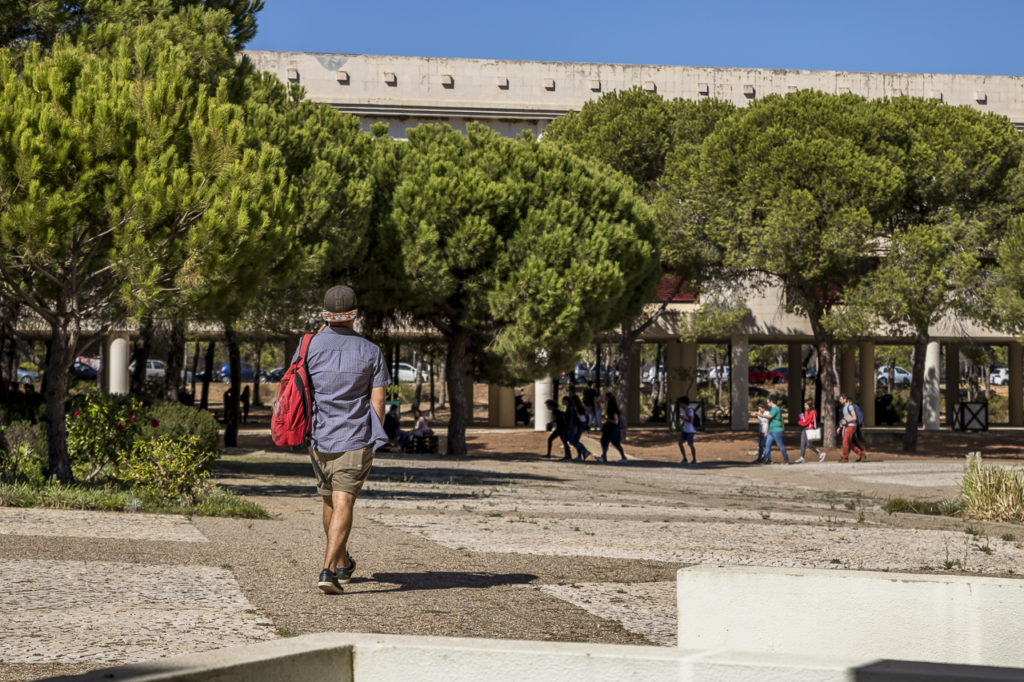
There are more students, but that doesn't mean there is more accommodation. Housing-related issues are on the agenda, especially in Faro, where there is competition between the rental market for families, displaced students and tourism.
One of the solutions that has been pointed out is the creation of more university residences, to add more beds to the 500 that the Social Action Services currently manage.
«The reorganization of the teaching spaces in 2018/19 allowed the release of the Higher School of Health building, which was signaled by the National Plan for Accommodation for Higher Education. Contrary to our expectations, in 2019 progress was slow. New developments are expected, which could make it possible to have a new residence in 2021», said Paulo Águas.
2019 was also marked by the protests by employees in precarious situations, which demanded regularization of their ties, under different programs launched by the Government.
"In this chapter, it should be noted that, in February 2019, as announced a year ago, and complying with the transitory standard for scientific employment, 20 doctoral scholarship holders were hired. In total, in 2018 and 2019, under the transitional rule, 41 researchers were hired. Throughout the year, other competitions were opened under other lines of scientific employment. All in all, we now have more than 80 researchers hired, a figure that will continue to increase in 2020», he assured.
With regard to non-teaching workers, who were the priority at the beginning of the mandate, the regularization of precarious ties began in 2019 and is progressing, "unfortunately, at a slower pace than desired".
«To date we have approved 27 competitions. A year ago I expressed my intention to complete the regularization in 2019. This was not possible. It wasn't grudgingly. PREVPAP is the result of a legislative change. It has a strong financial impact, which the government continues to fail to recognize. Despite considering that we do not have the capacity to accommodate its impact, we decided to budget for 2020, which did not happen in 2019», justified the dean of UAlg.
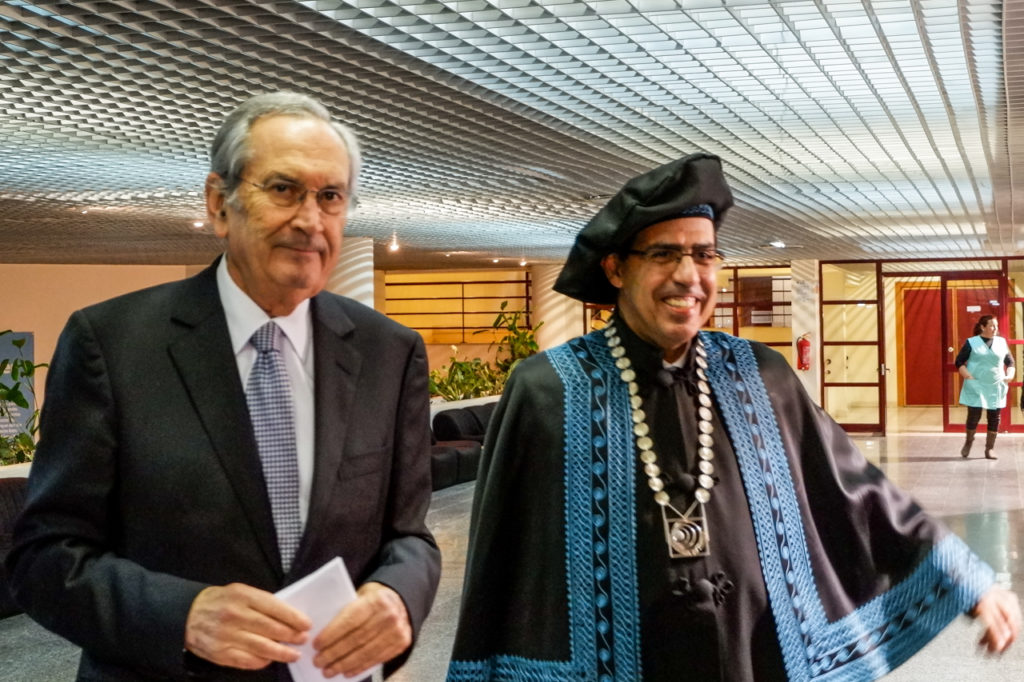
This effort did not prevent the University of the Algarve from losing «112 workers in nine years», as revealed by Cândida Barroso, who represented the non-teaching staff at the solemn ceremony of the 40th anniversary of UAlg.
According to this university employee, who has been at the house for 37 years, the number of workers dropped from 452 to 340, since 2010.
“But the most serious thing is that the average age is 51,2 years old, 40 workers are in the 60-64 age group and 80 are in the 55-59 age group. At this rate, how many will we be soon? What impact does this decrease in workers have on the development of the University?” he asked.
Vítor Neto, president of the UAlg General Council, said that he witnessed “the enormous work that has been carried out and, above all, the progress achieved, despite structural constraints and financial and legal constraints. It is not easy to carry out this mission».
“But it is fair to point out that the results are also due, in addition to Mr. rector, Professor Doutor Paulo Águas, to the high spirit of responsibility of all partners, regardless of different opinions that may exist in various matters», he added.
Yesterday's ceremony also served to deliver, for the first time, the Manuel Gomes Guerreiro award. The winner of the 1st edition of this competition was Paulo Henrique Faria Nunes, a Brazilian researcher and professor at the Pontifical Catholic University of Goiás, awarded for his work «The Institutionalization of the Pan-Amazon», which talks about the geo-political relations between the eight countries that share this great tropical forest and the need for a new transnational economic model that guarantees the sustainability of this valuable territory.
On the other hand, the traditional distinctions were given to employees, to the most outstanding students and to doctoral students of the institution
Photos: Hugo Rodrigues|Sul Informação

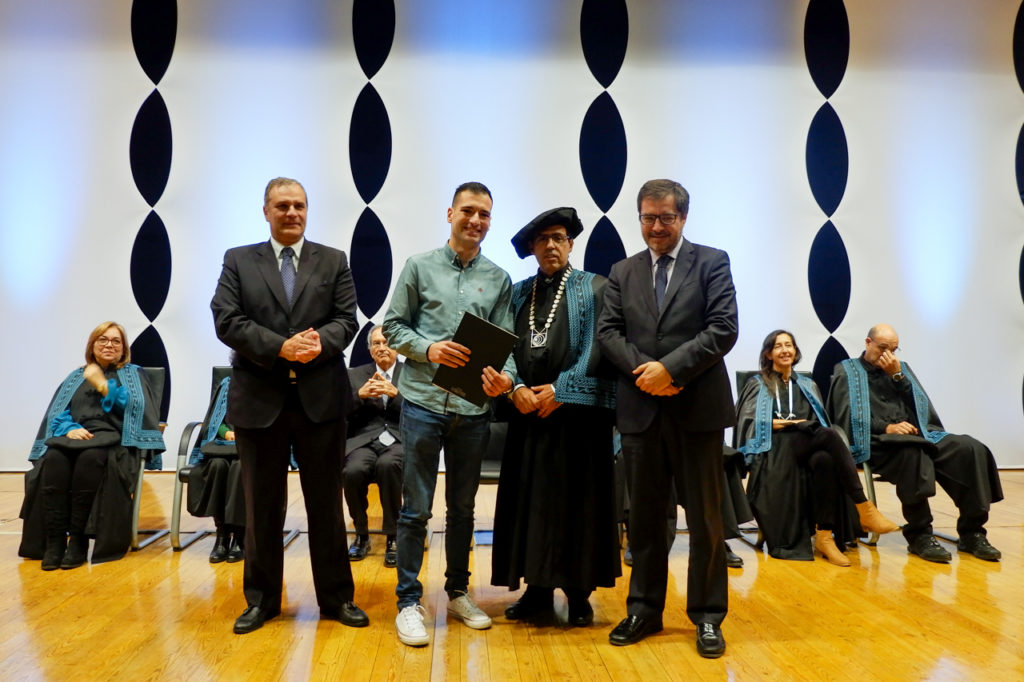
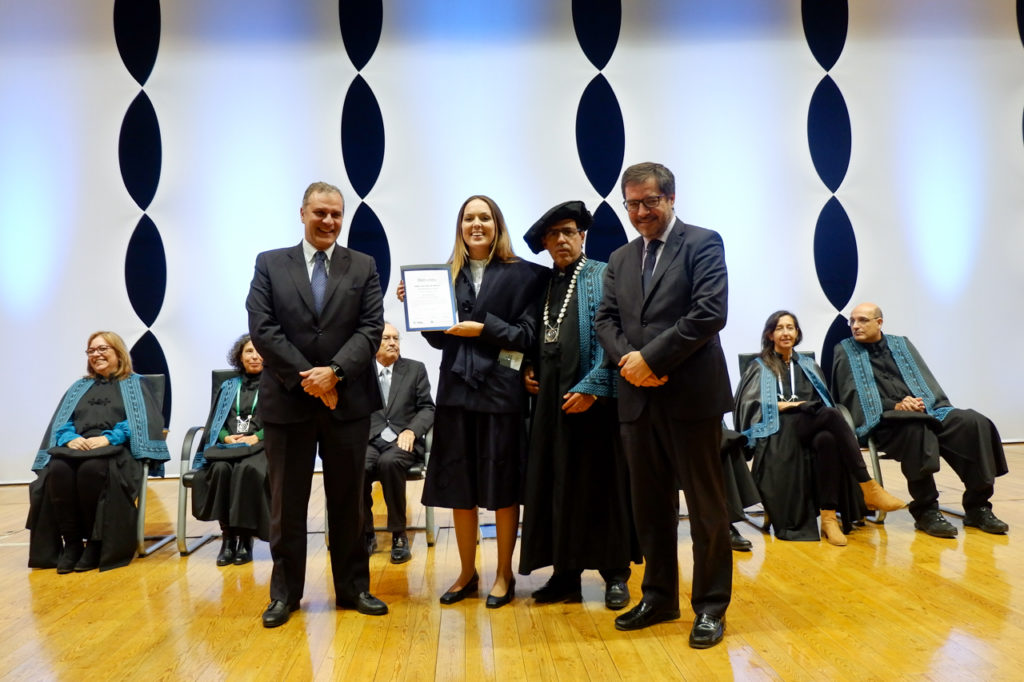
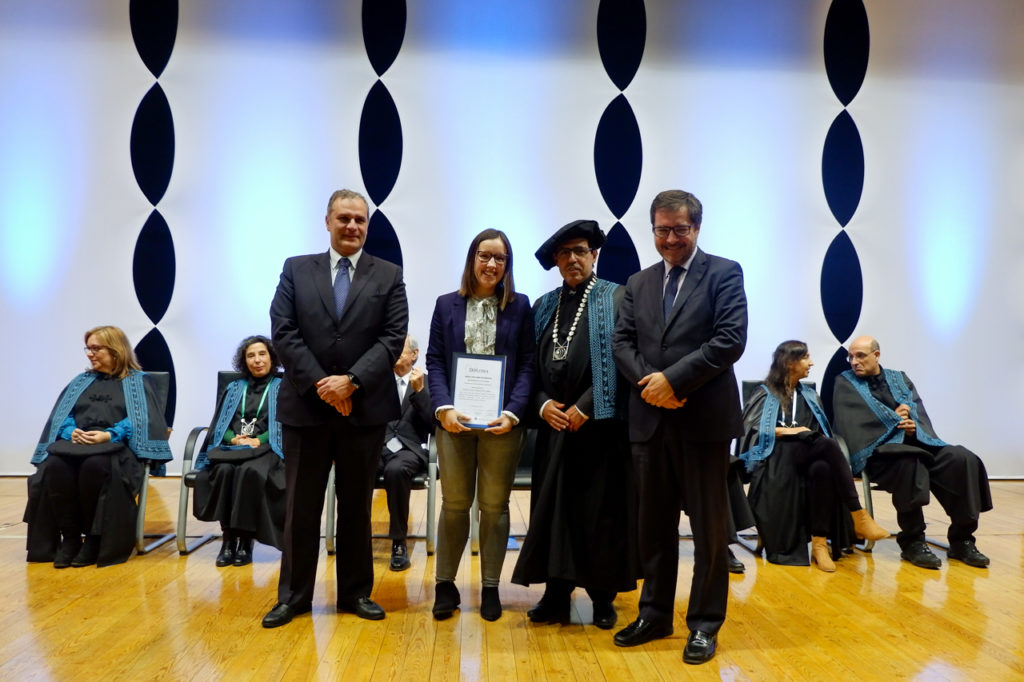
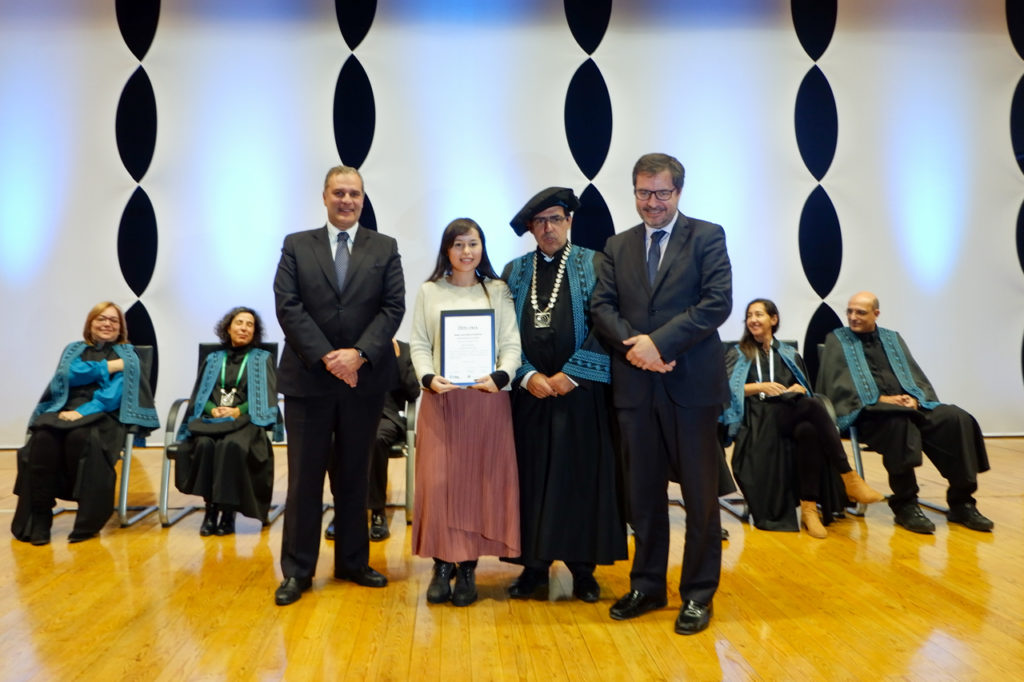
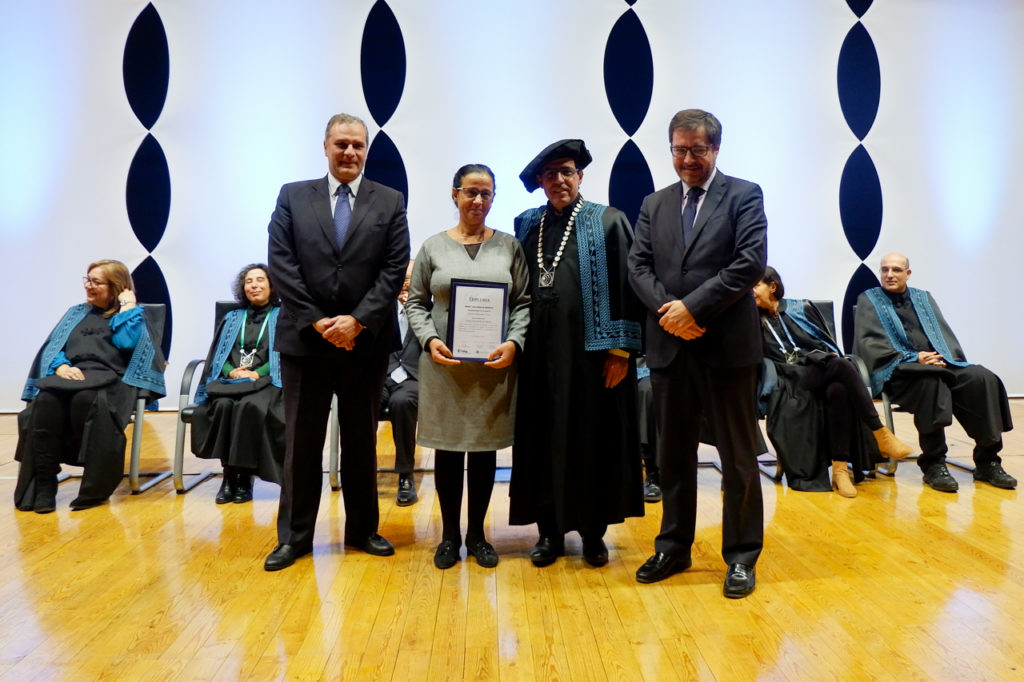
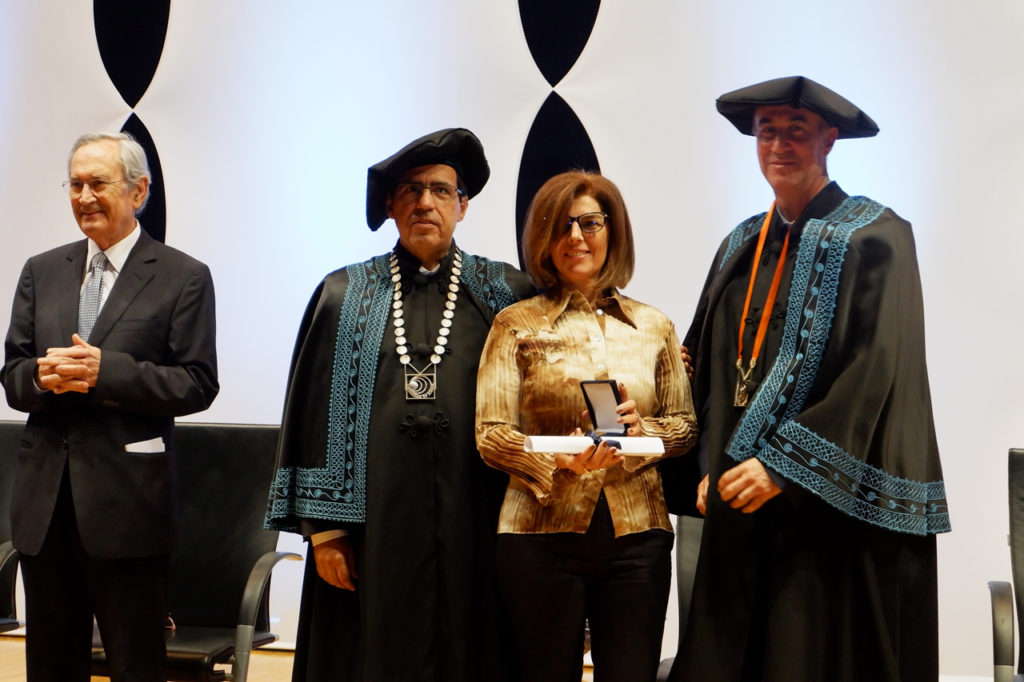
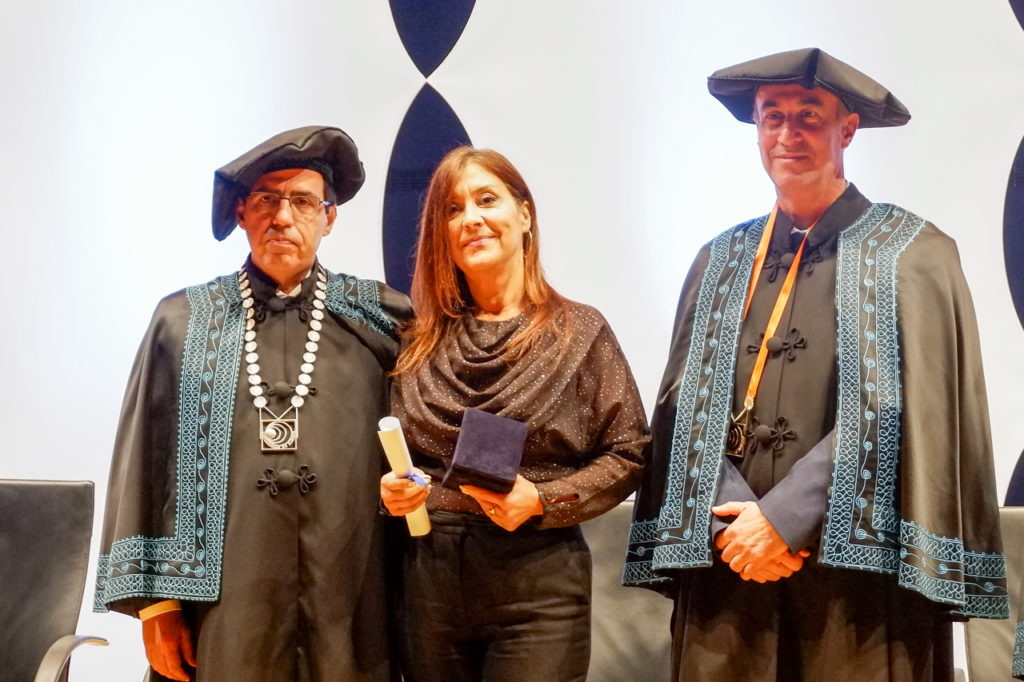
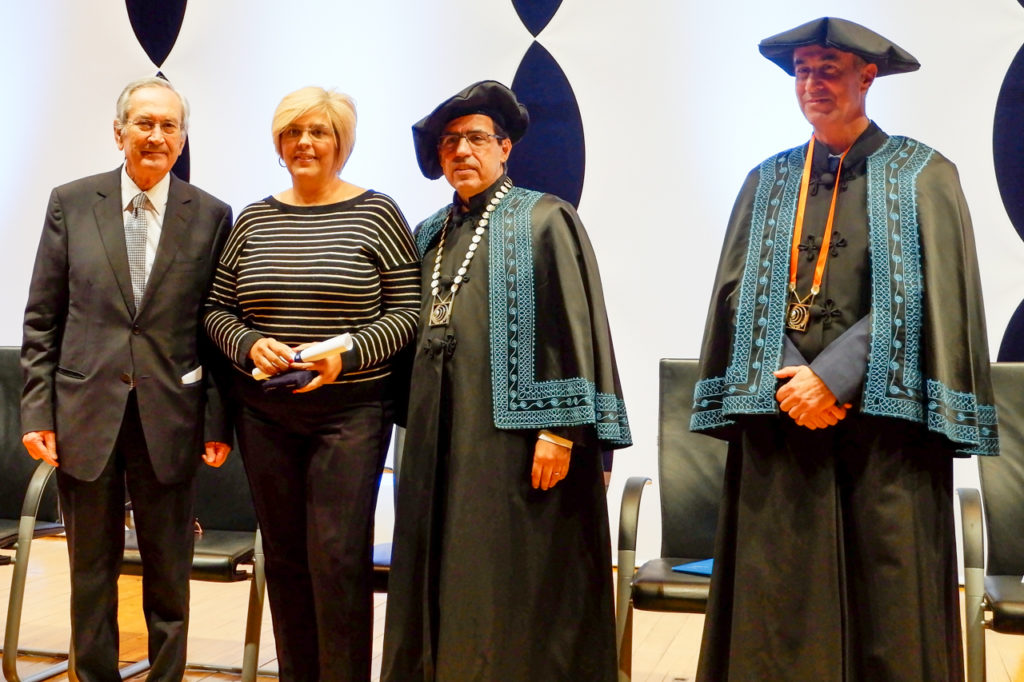
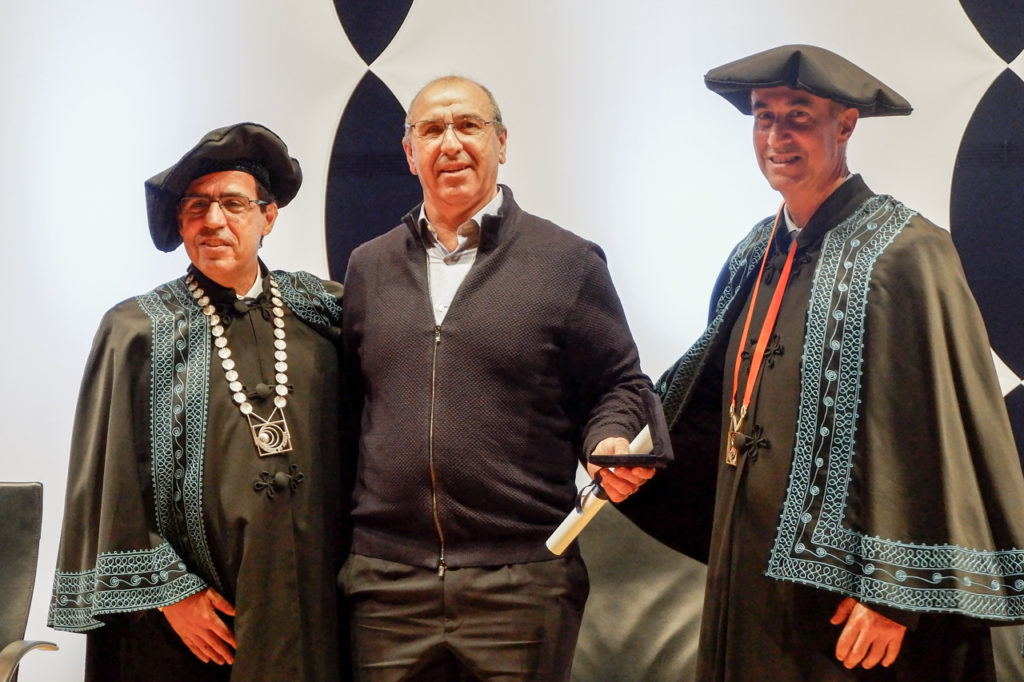
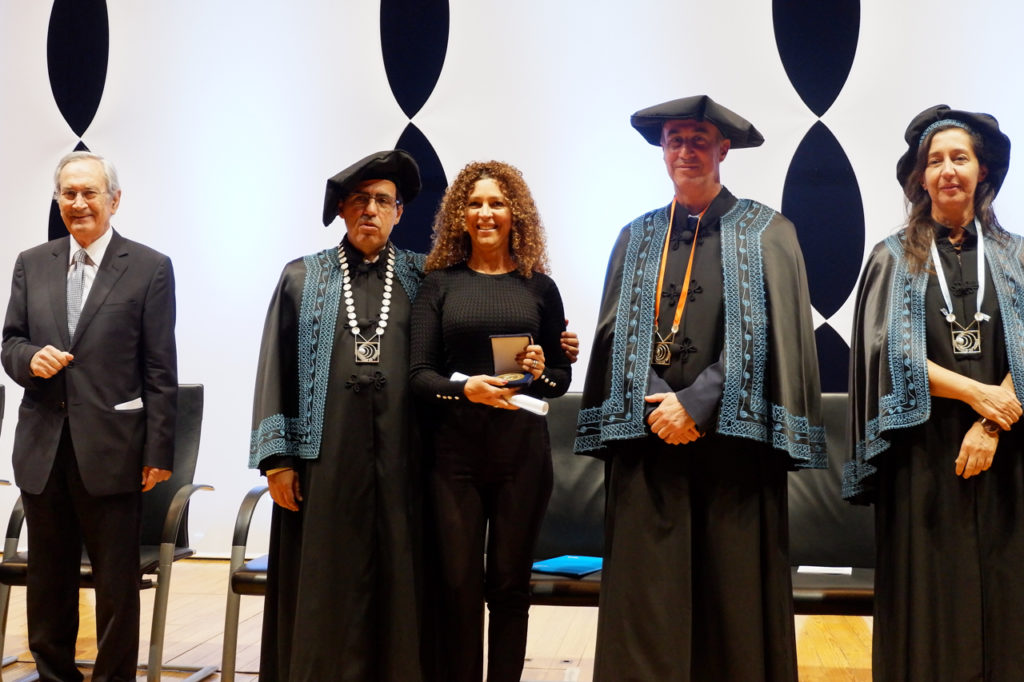
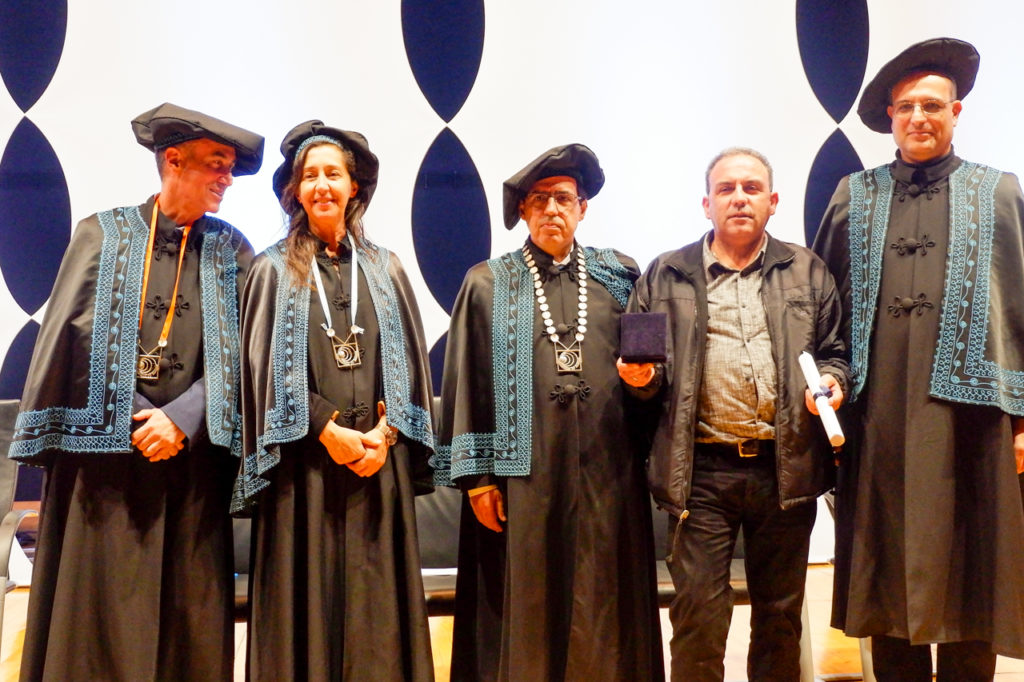
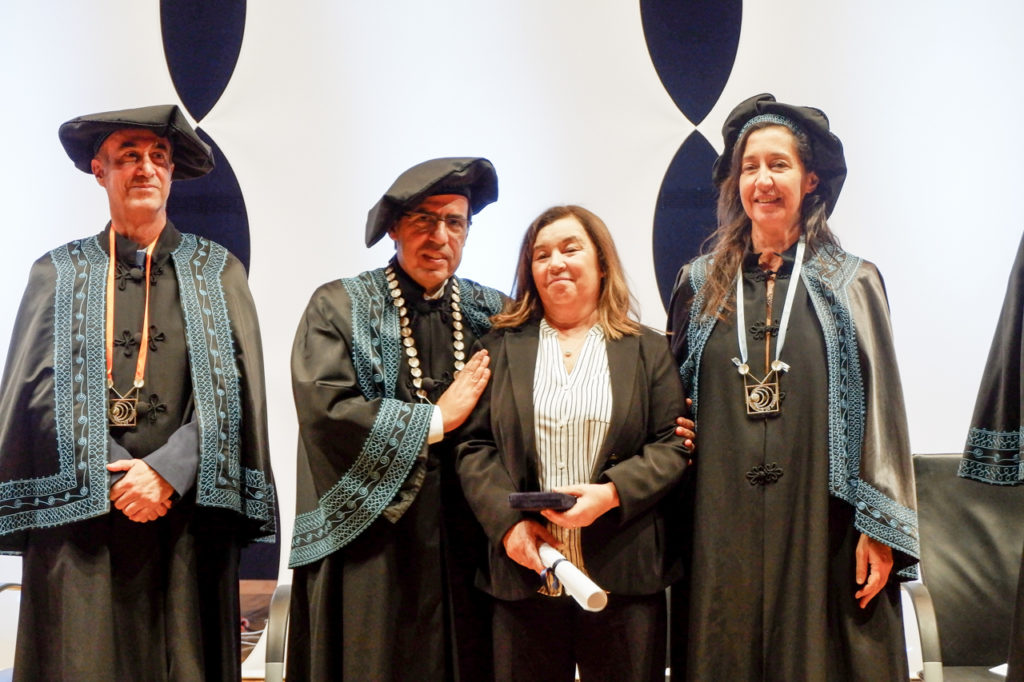
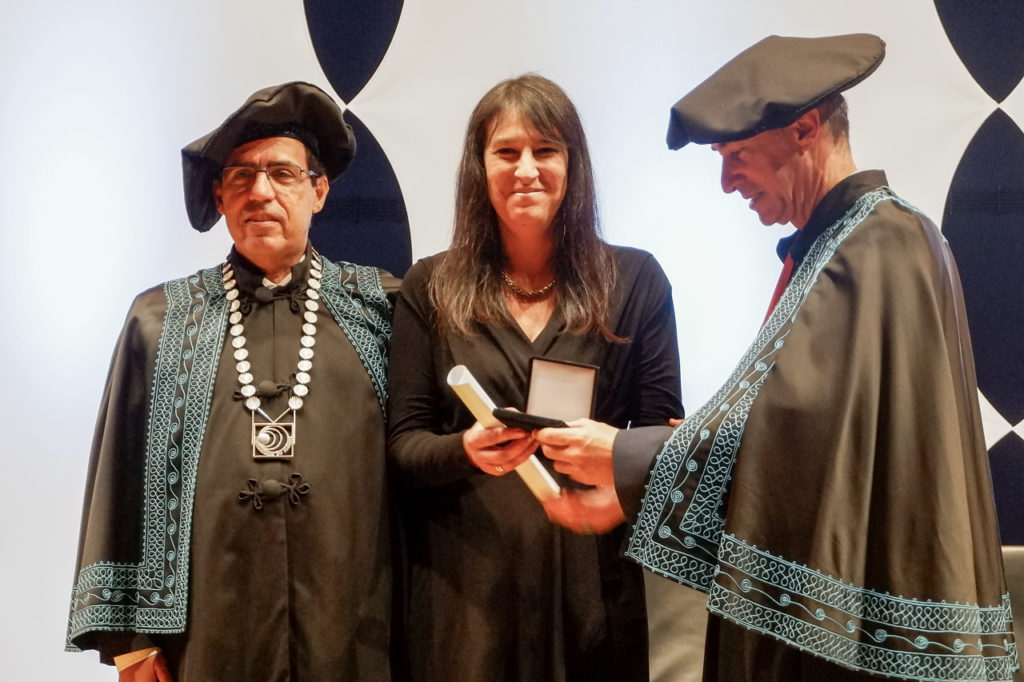
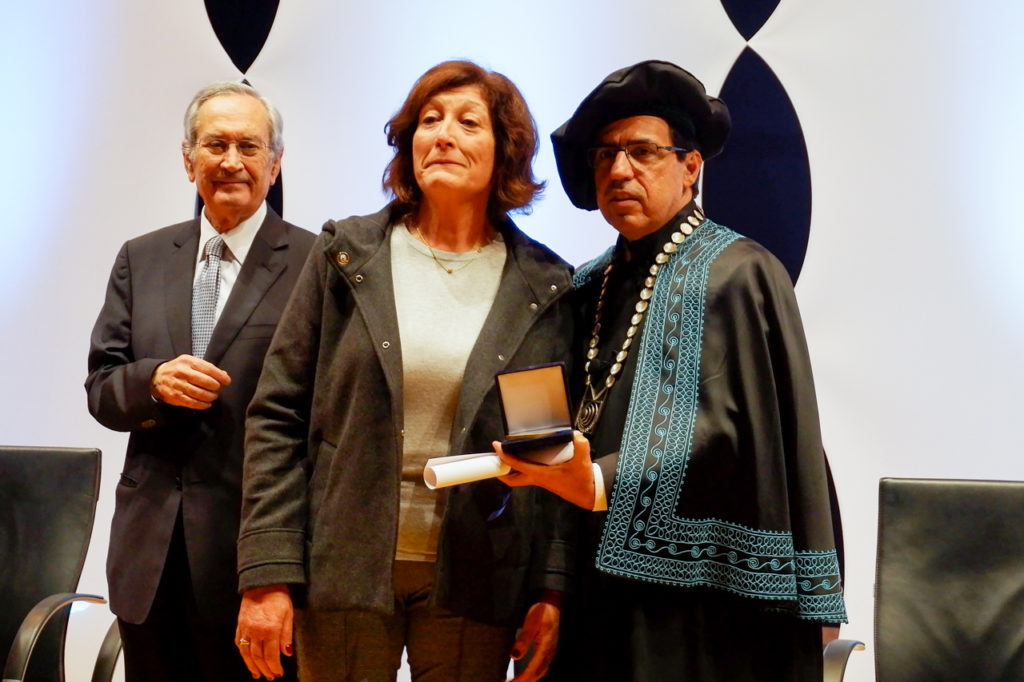
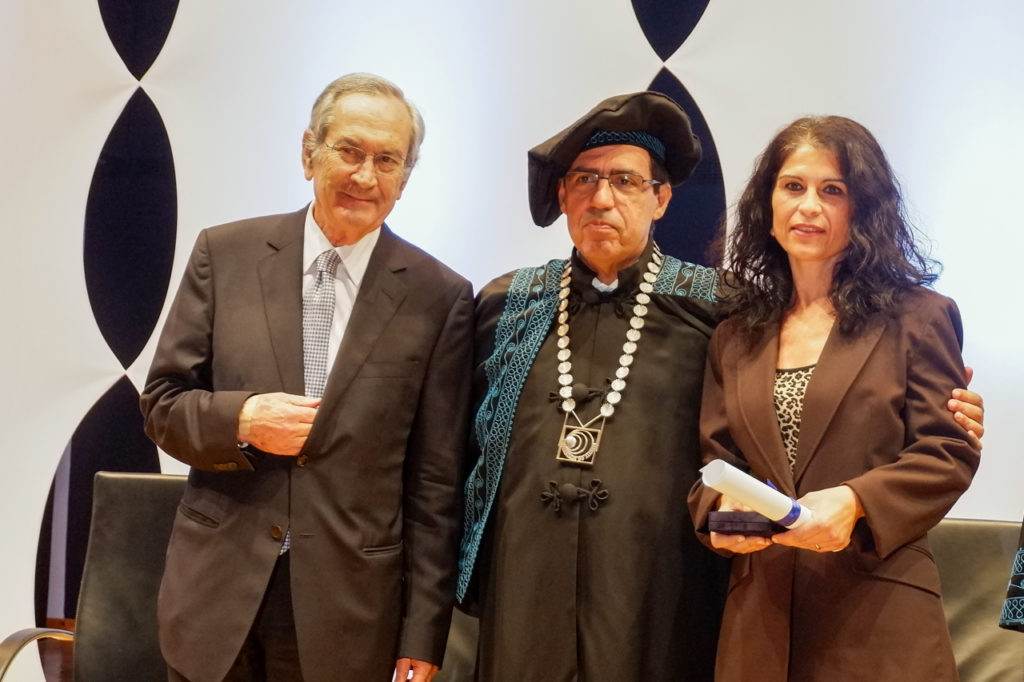
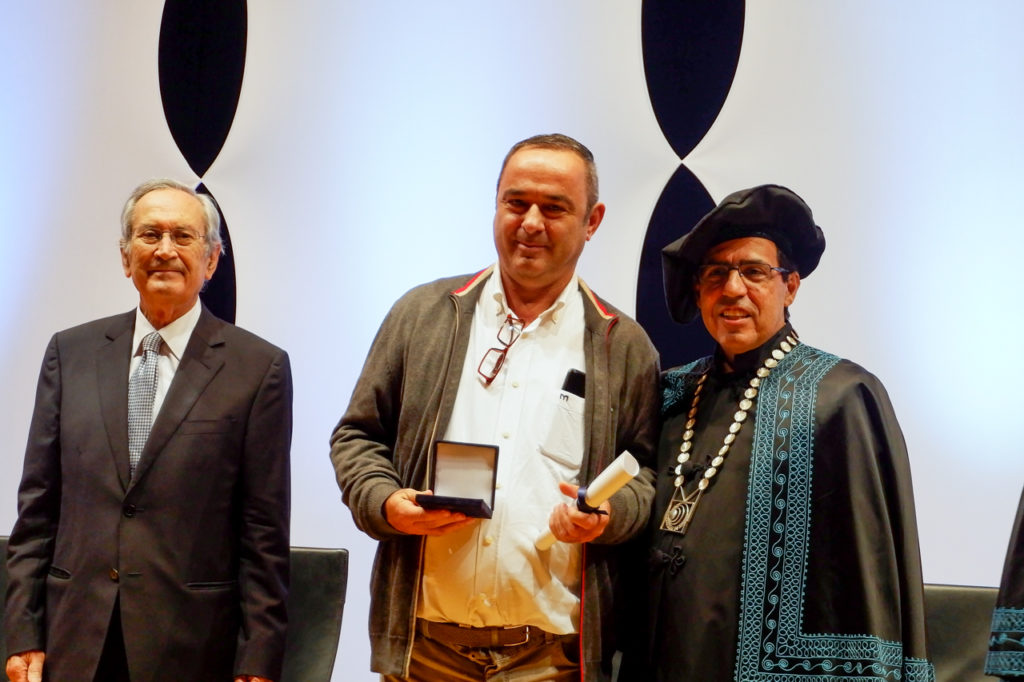
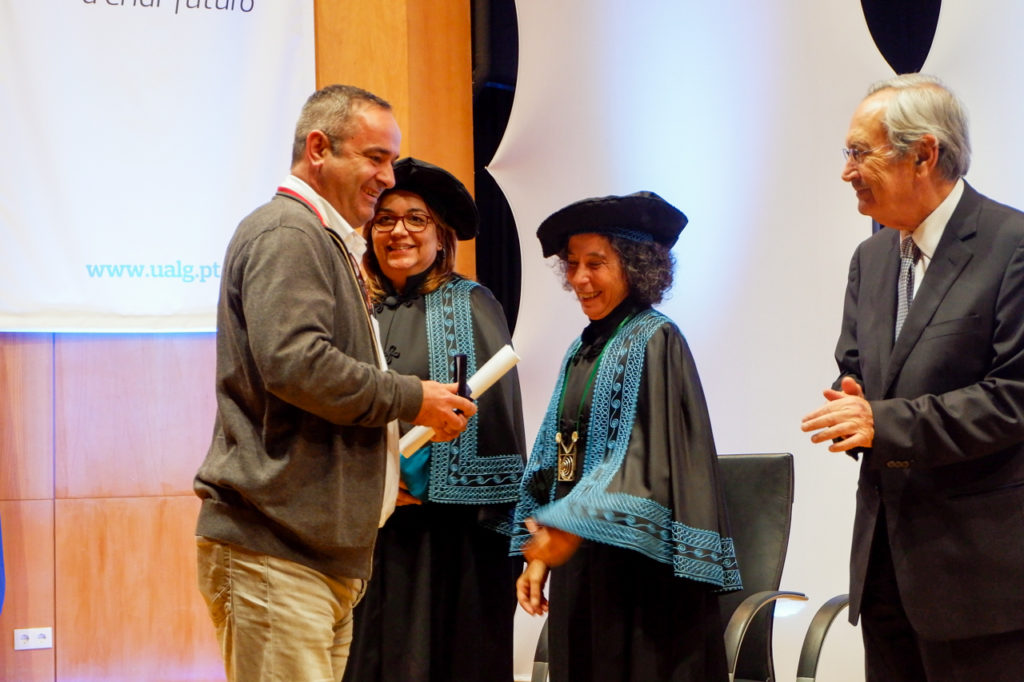
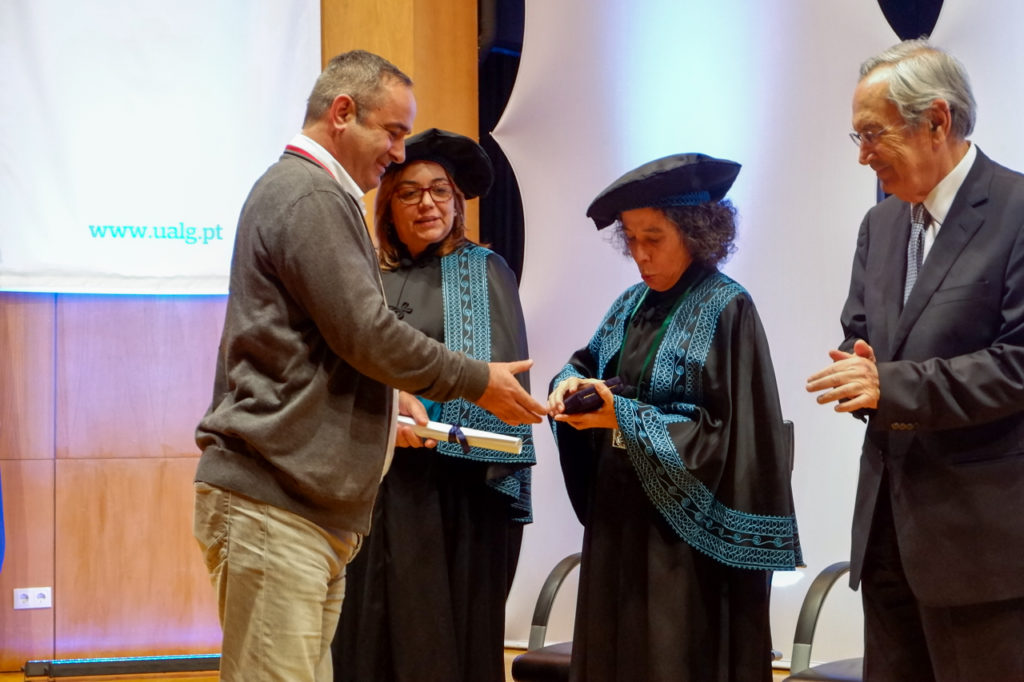
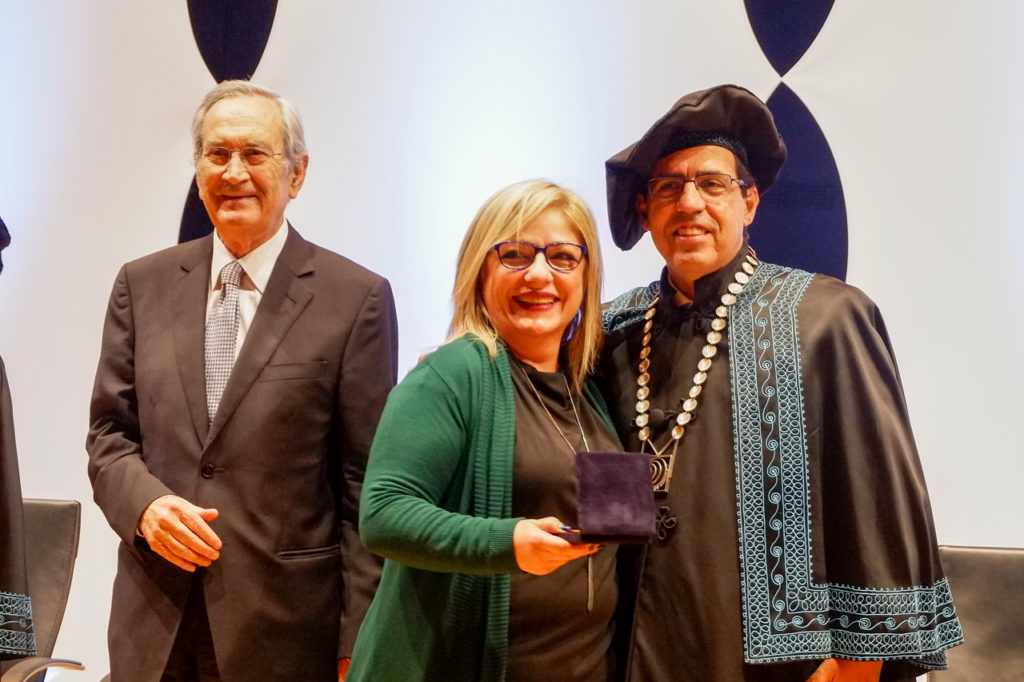
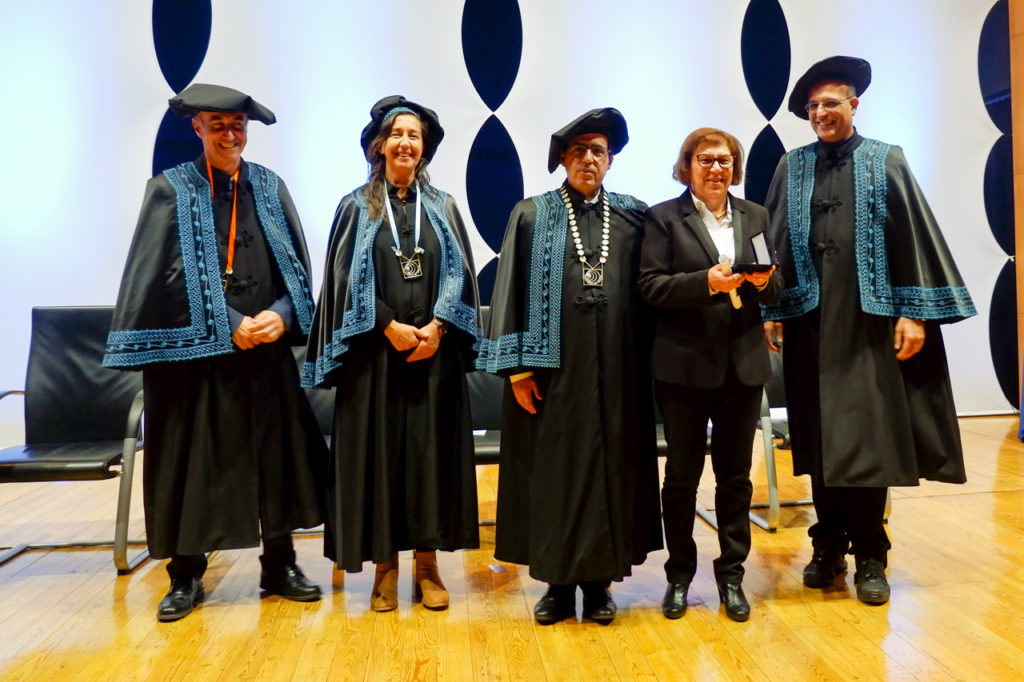
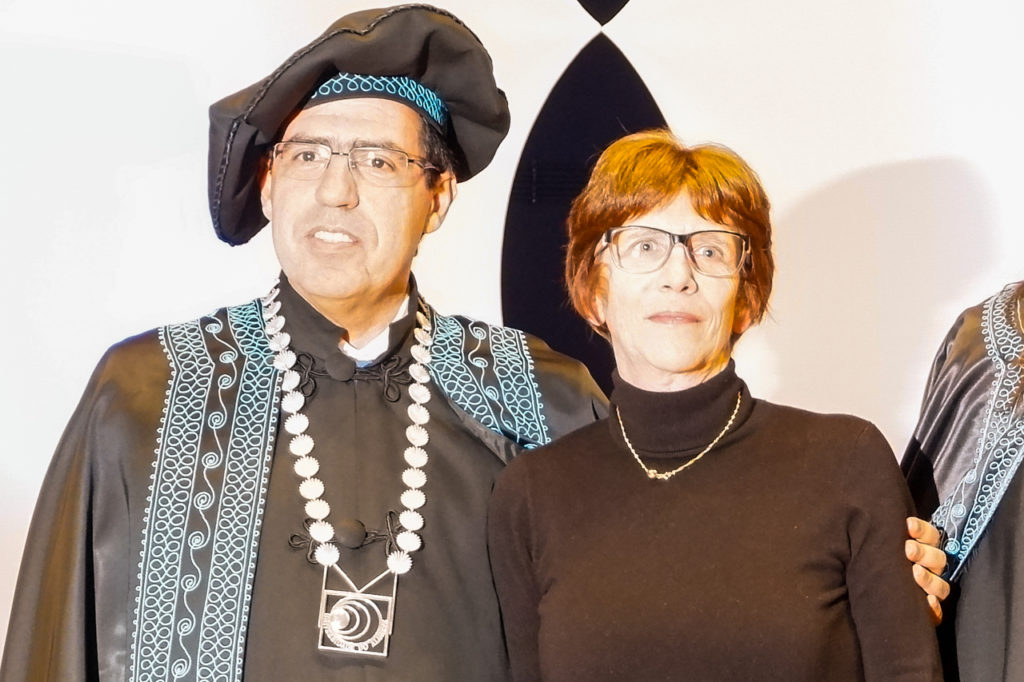
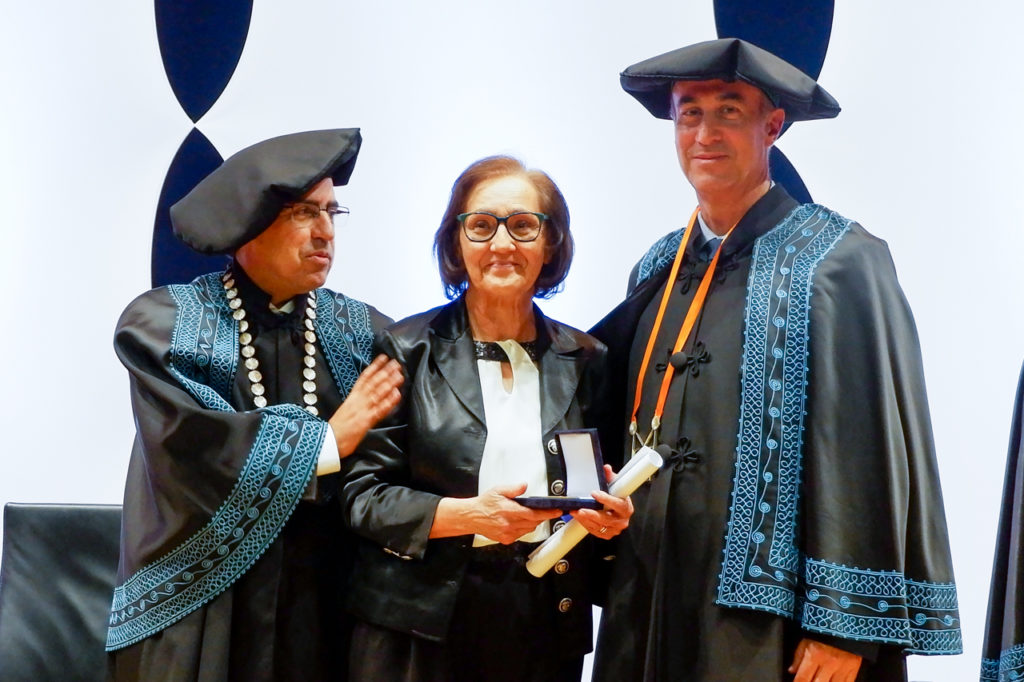
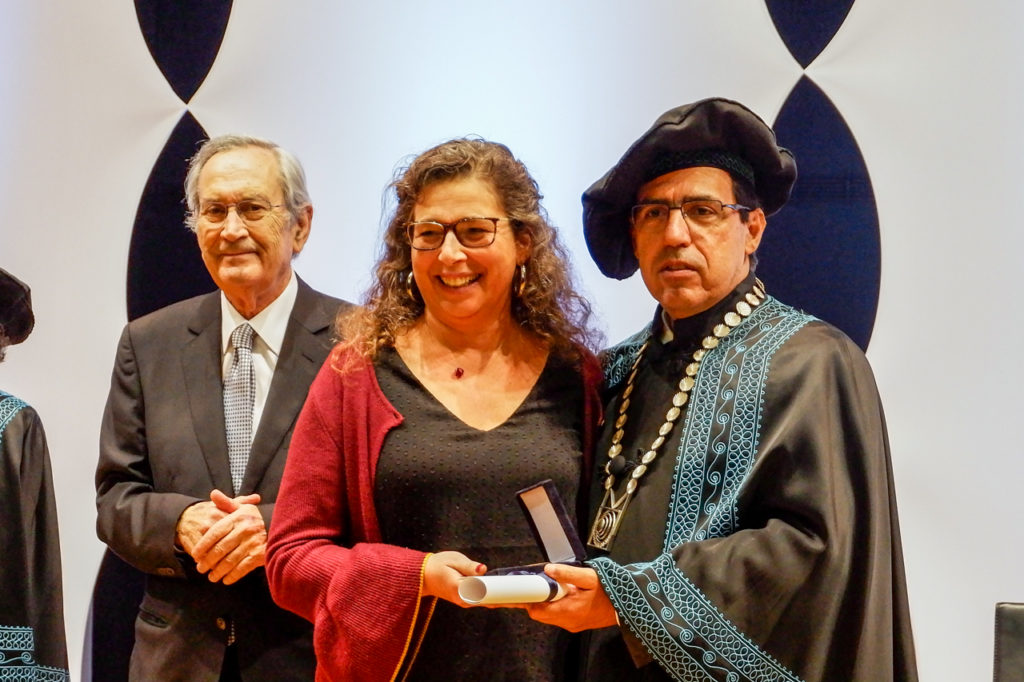
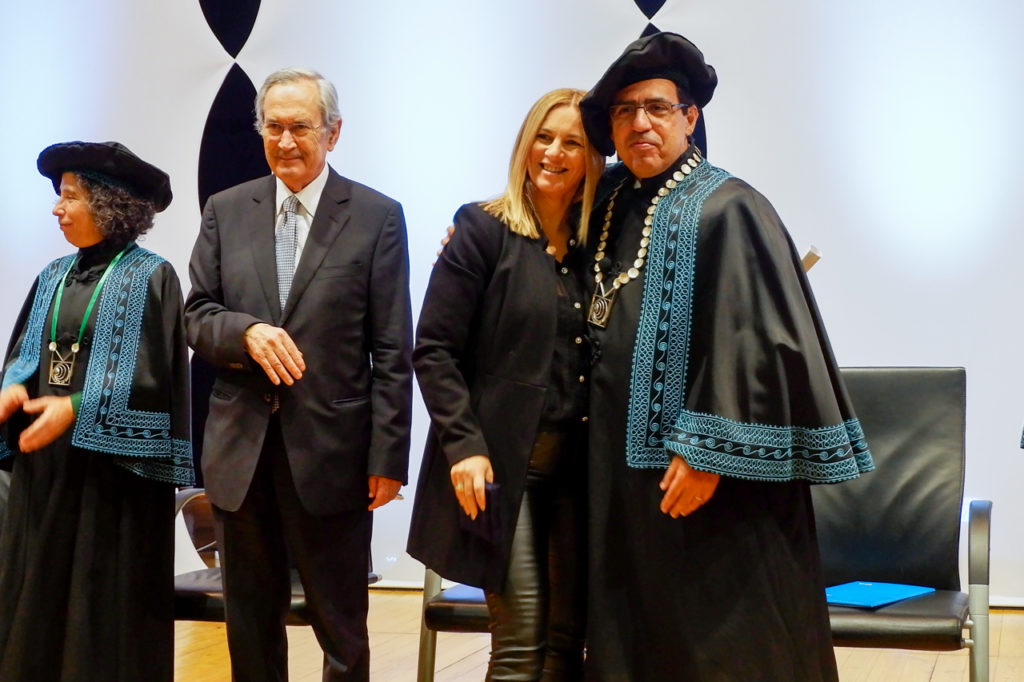
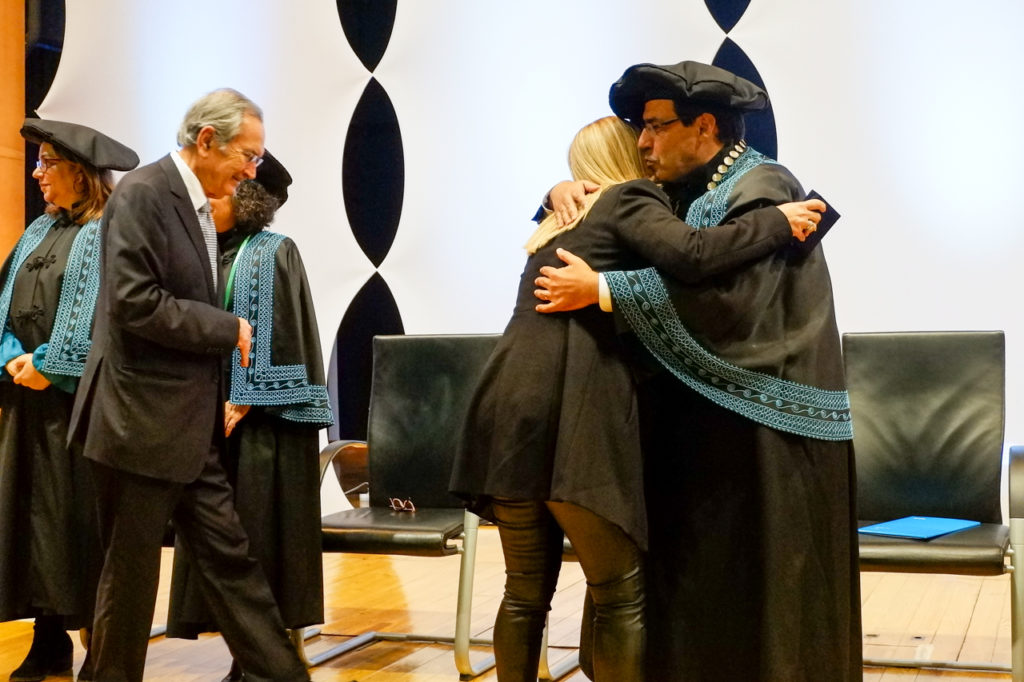
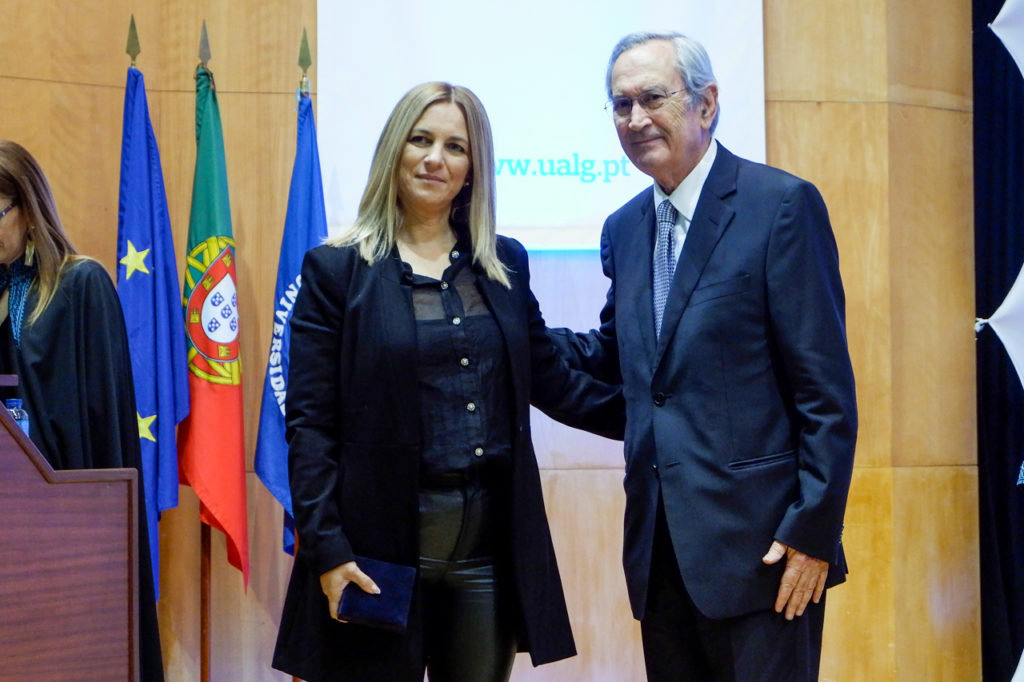
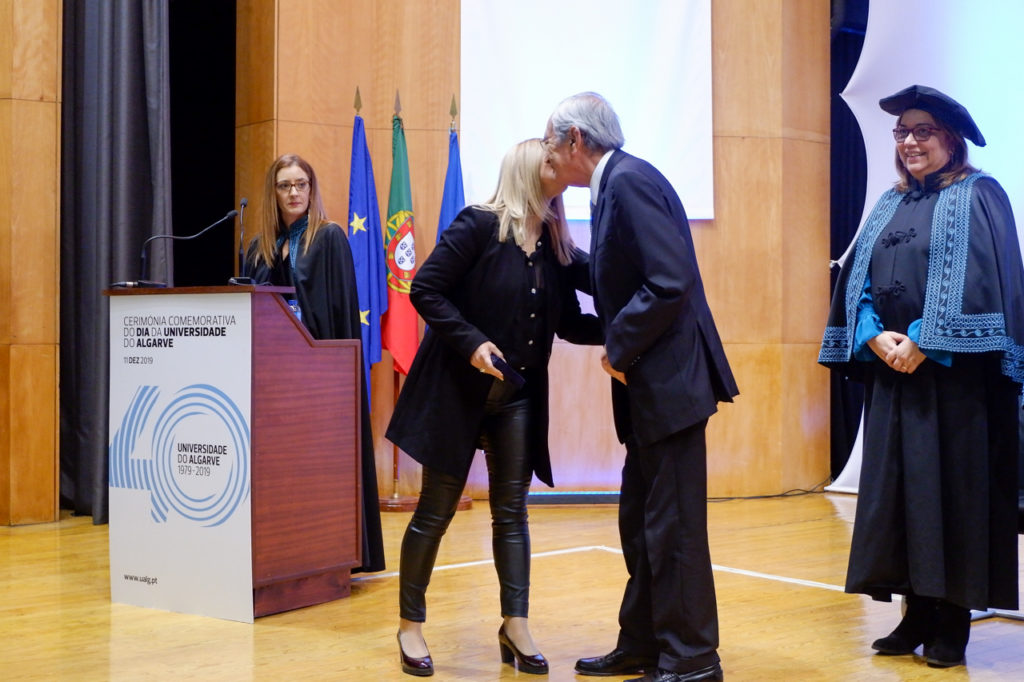
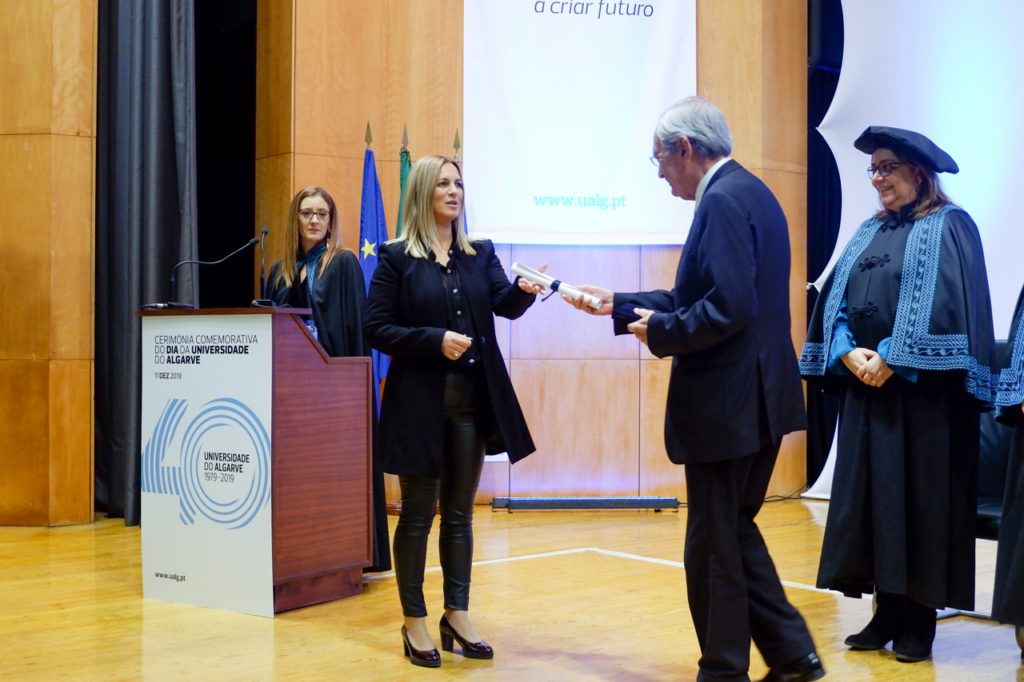
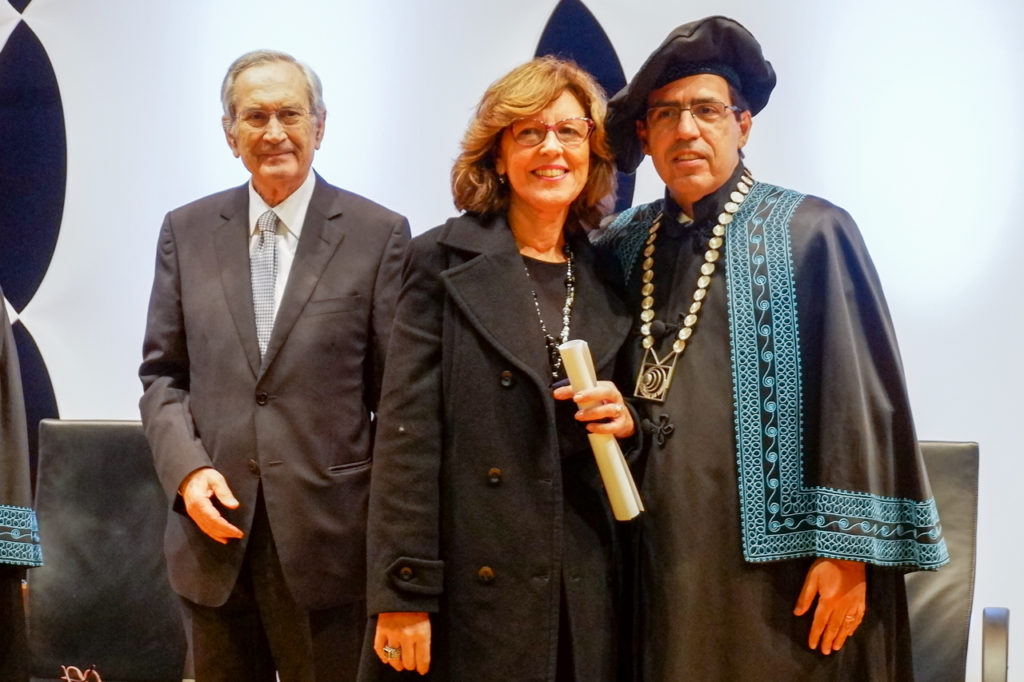
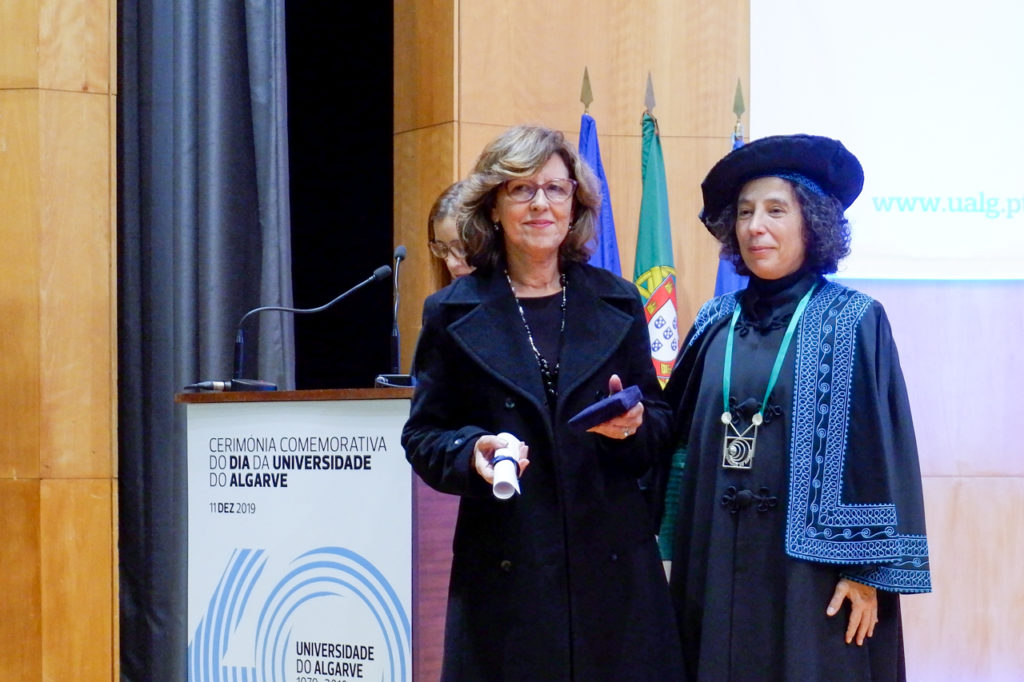
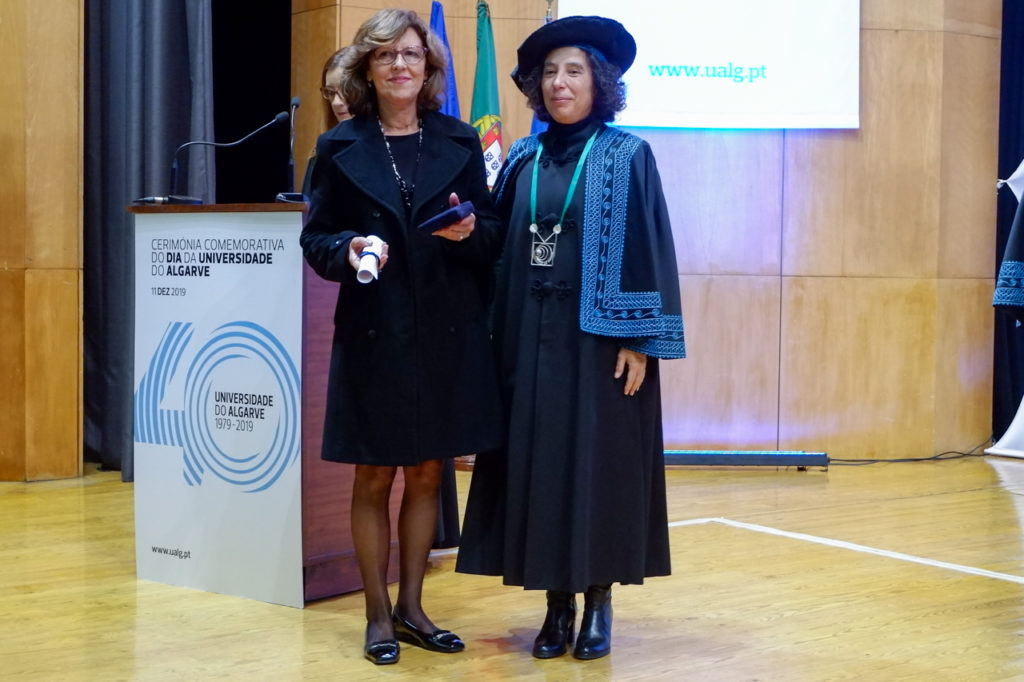
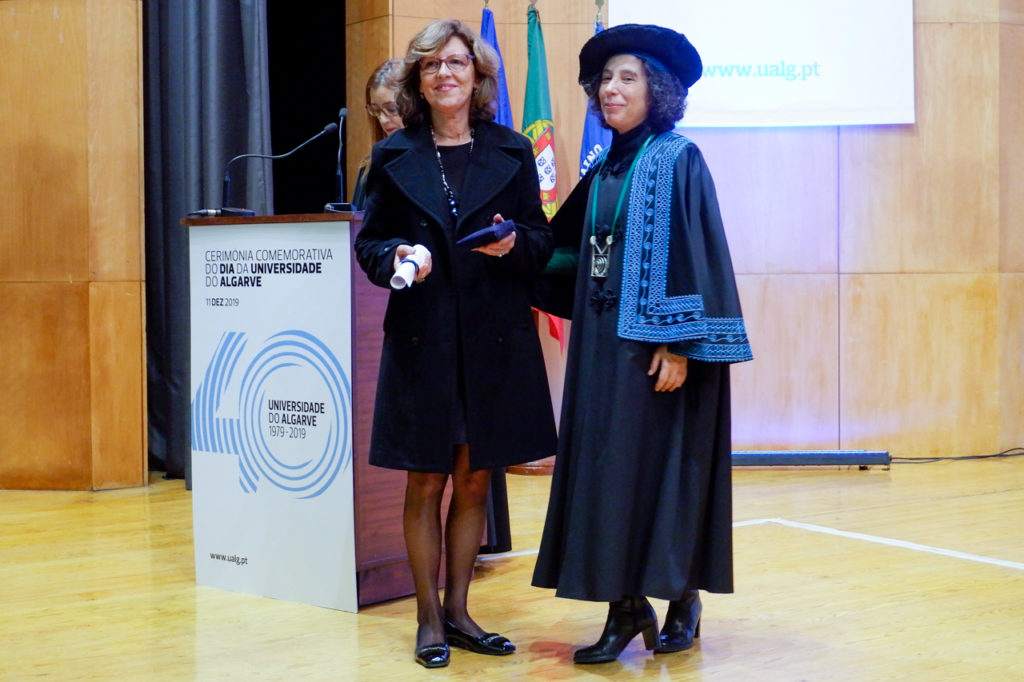
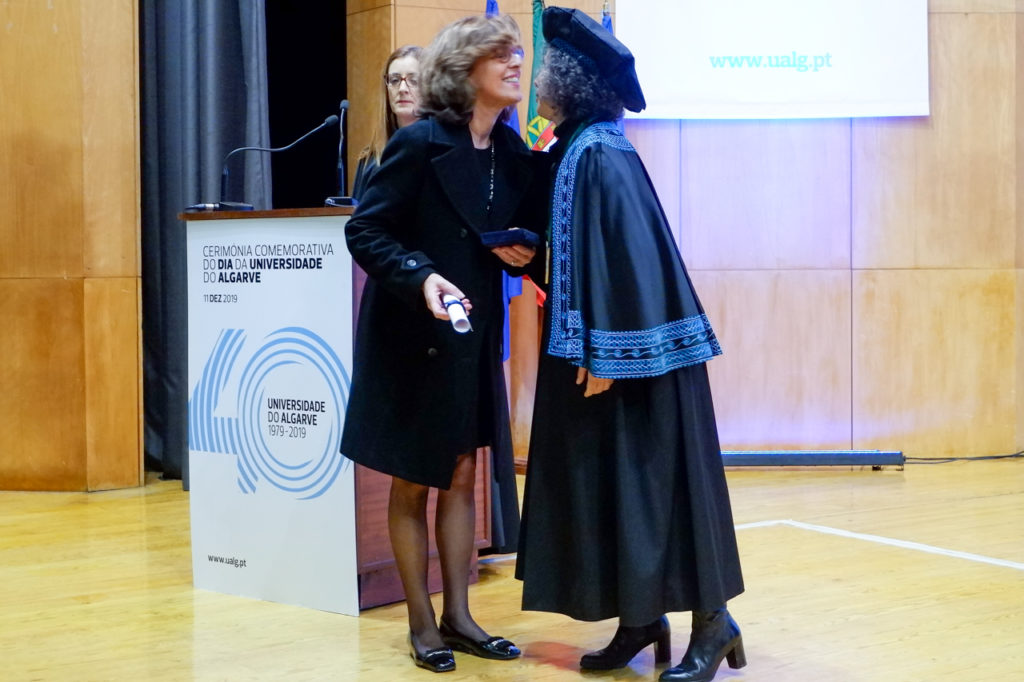
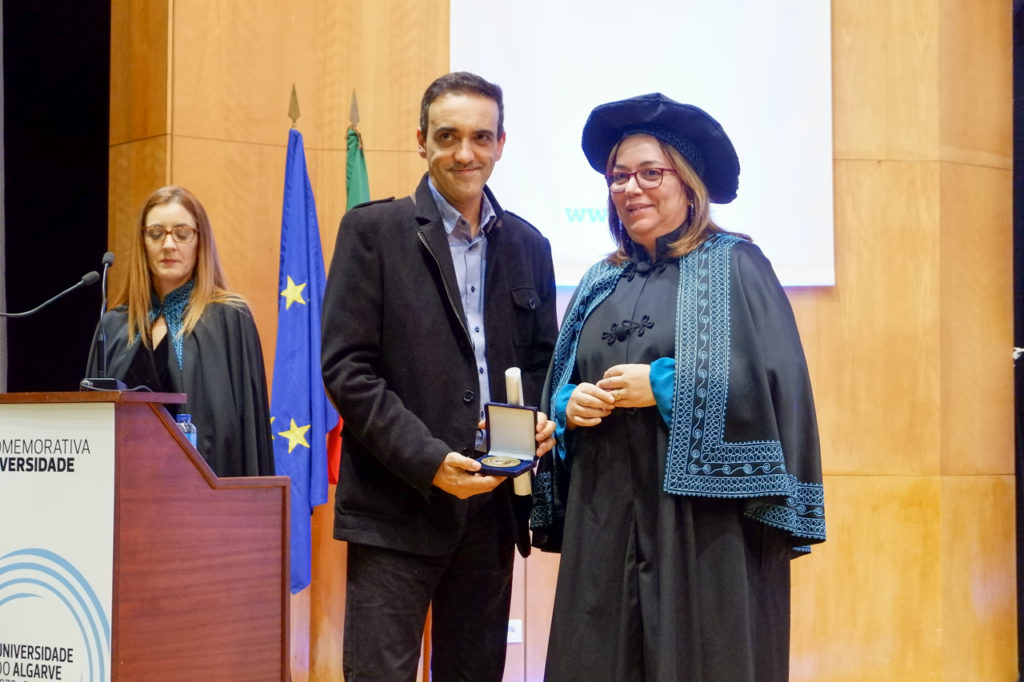
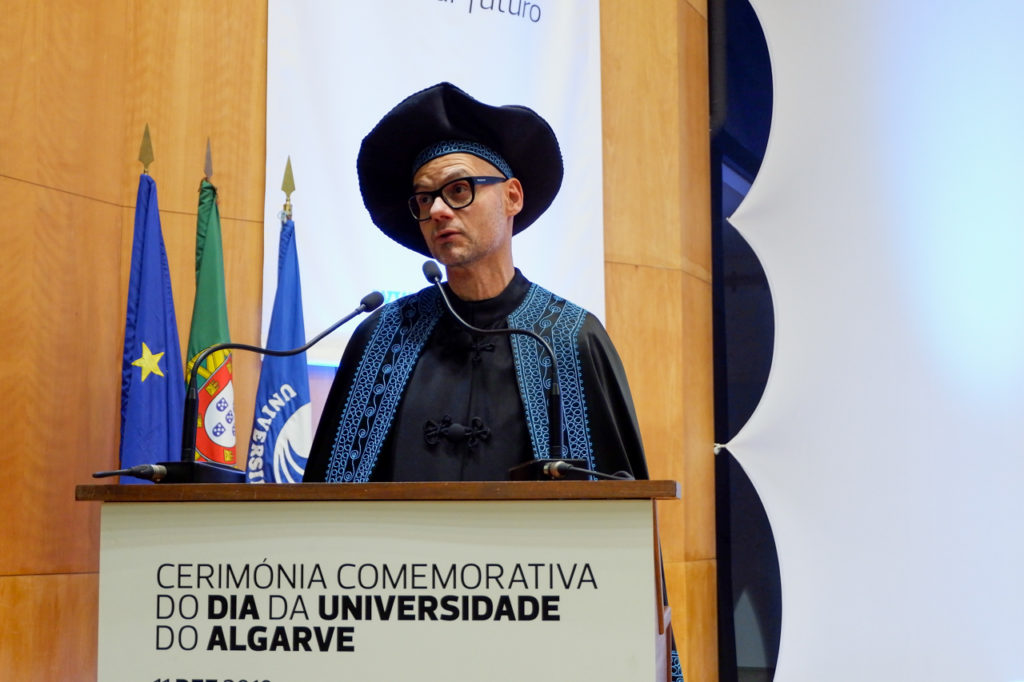
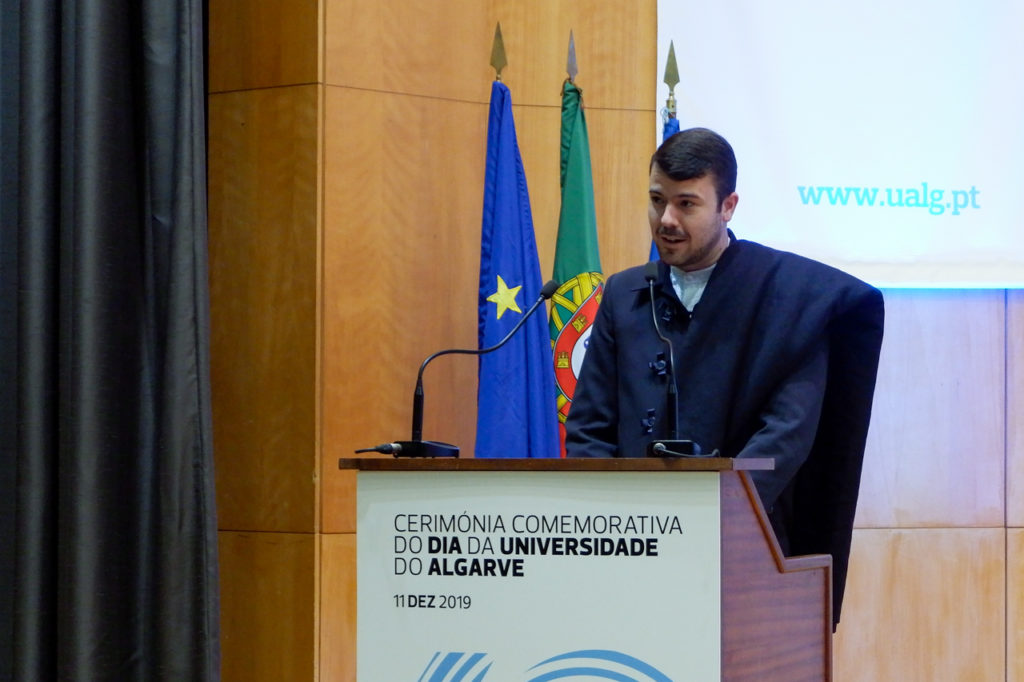
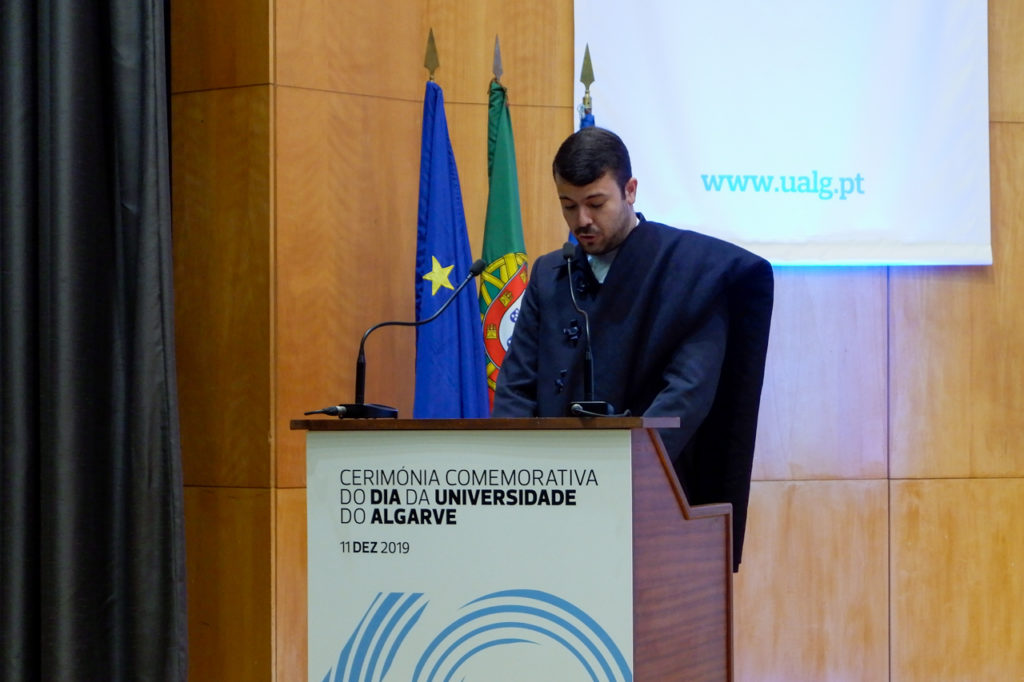
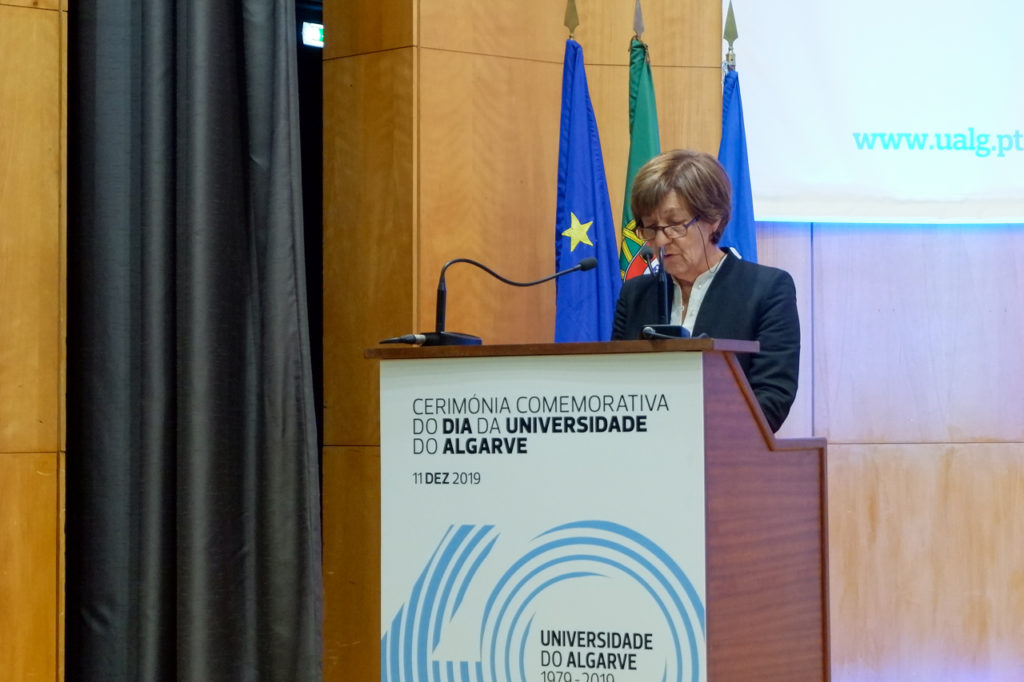
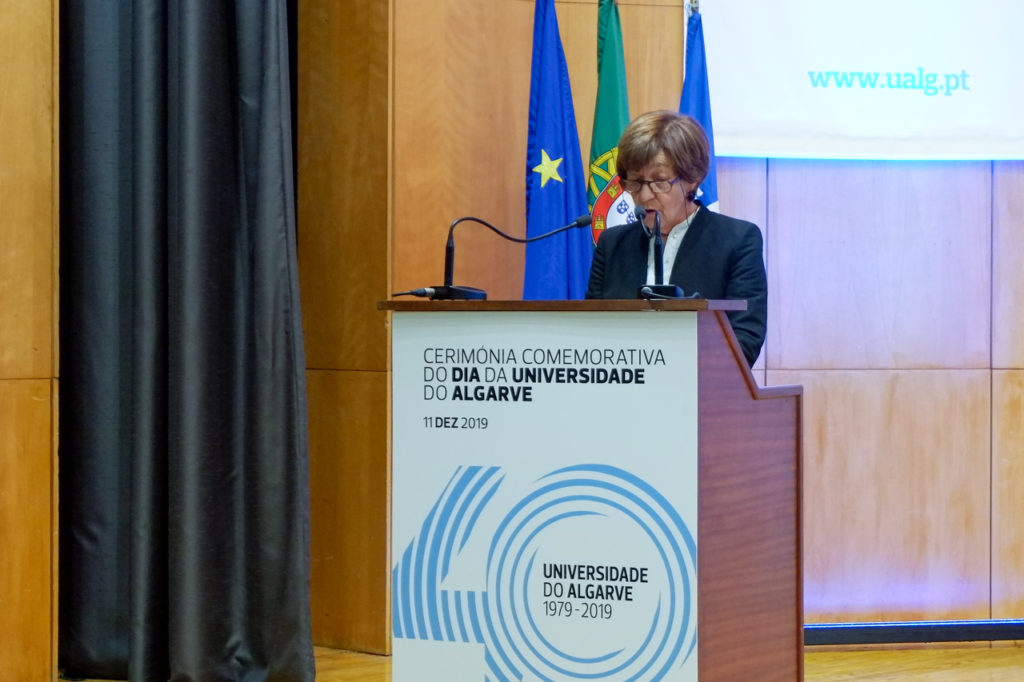
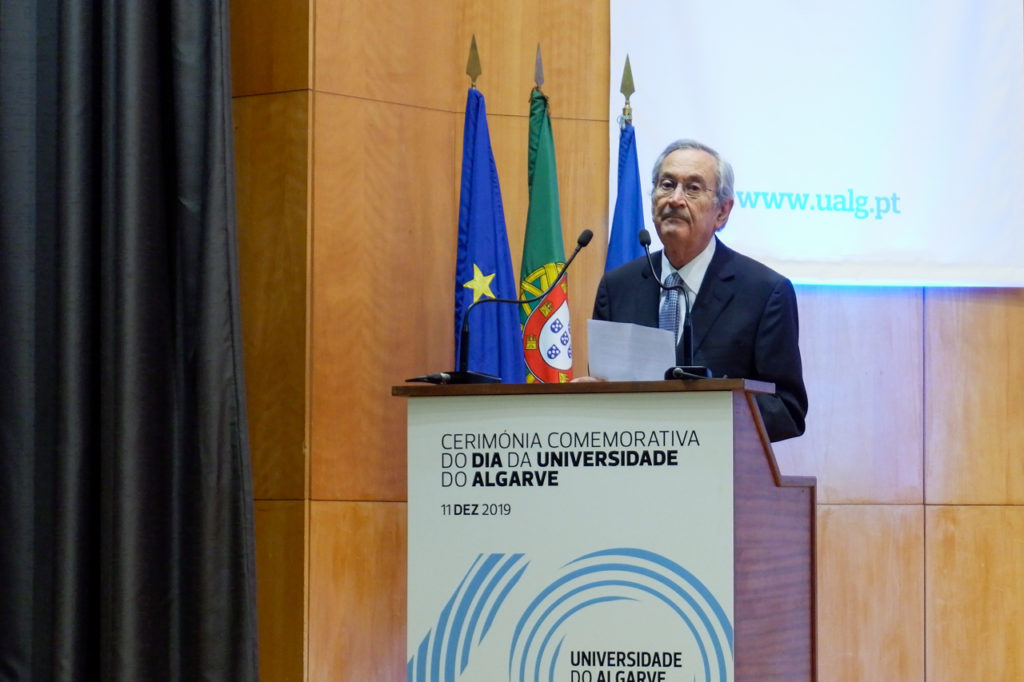
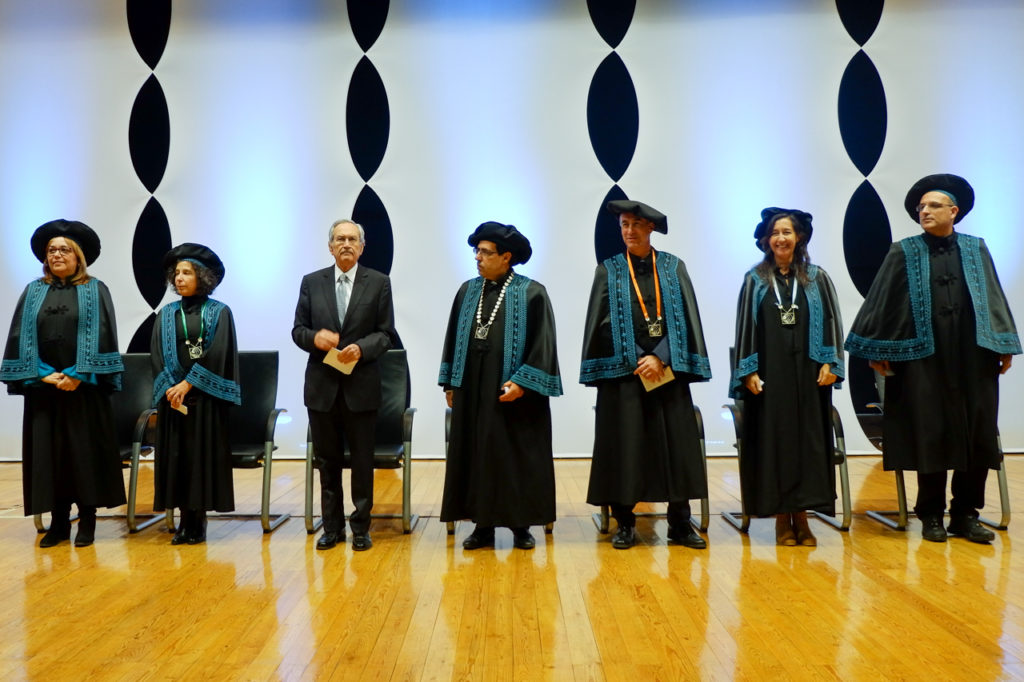
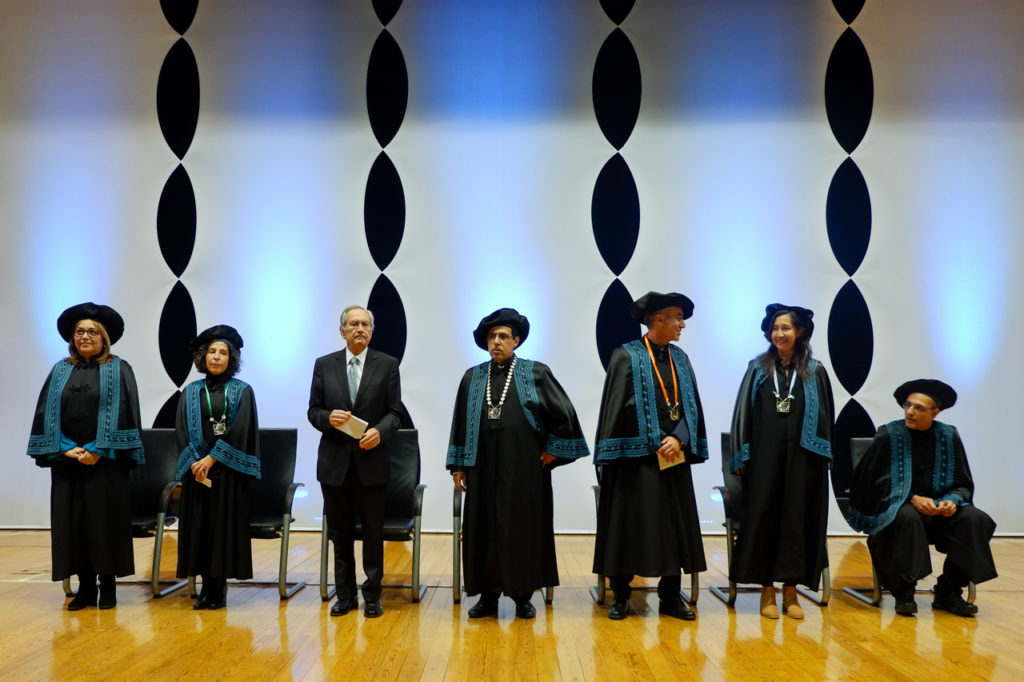
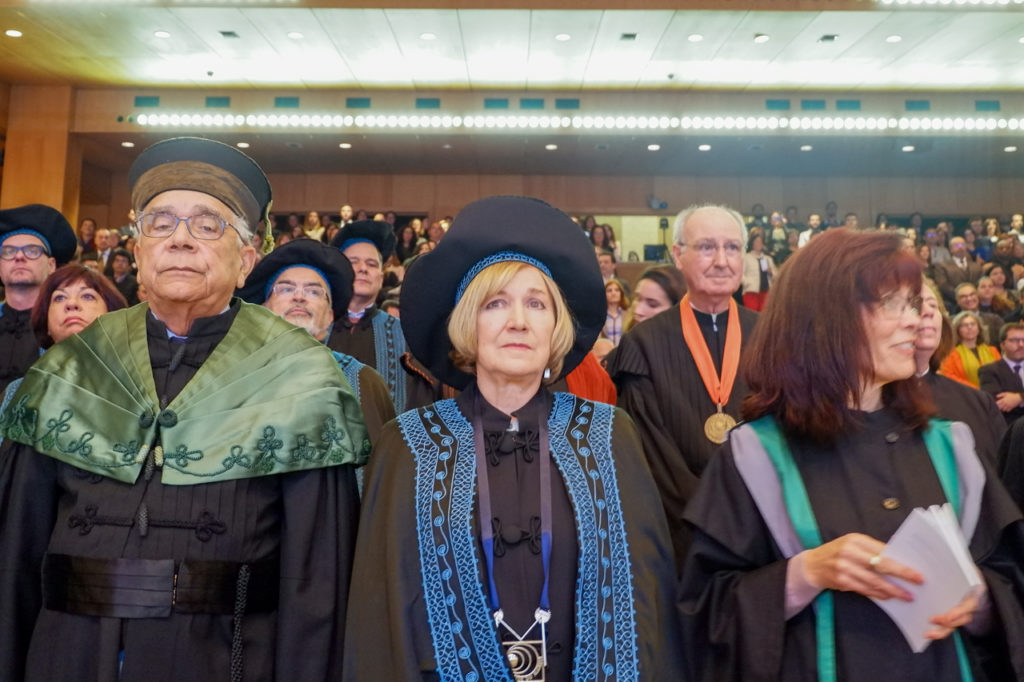
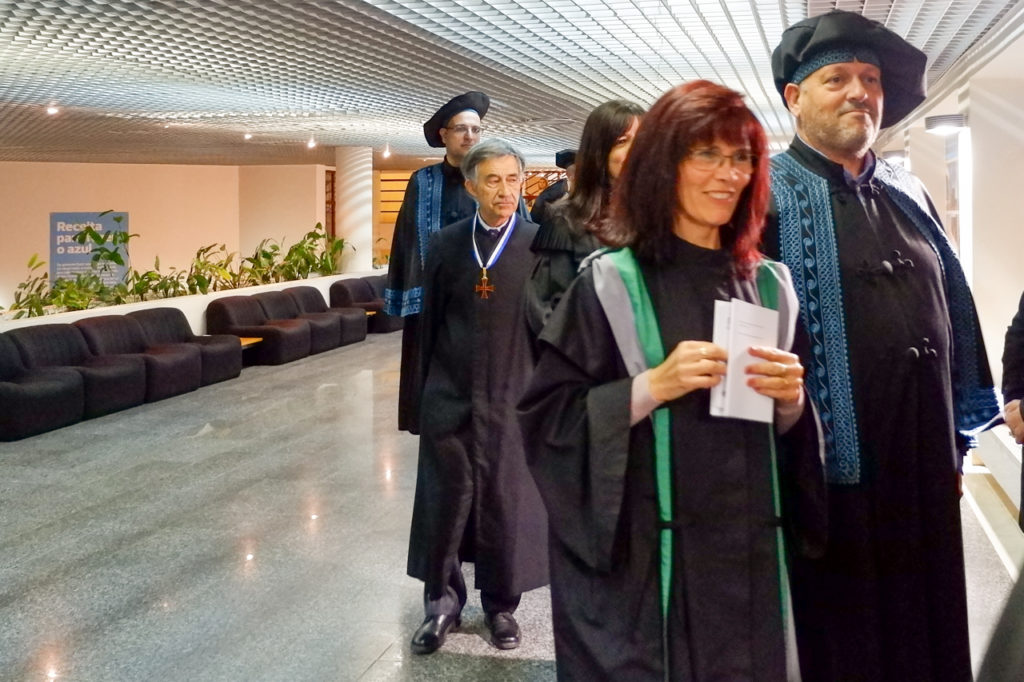
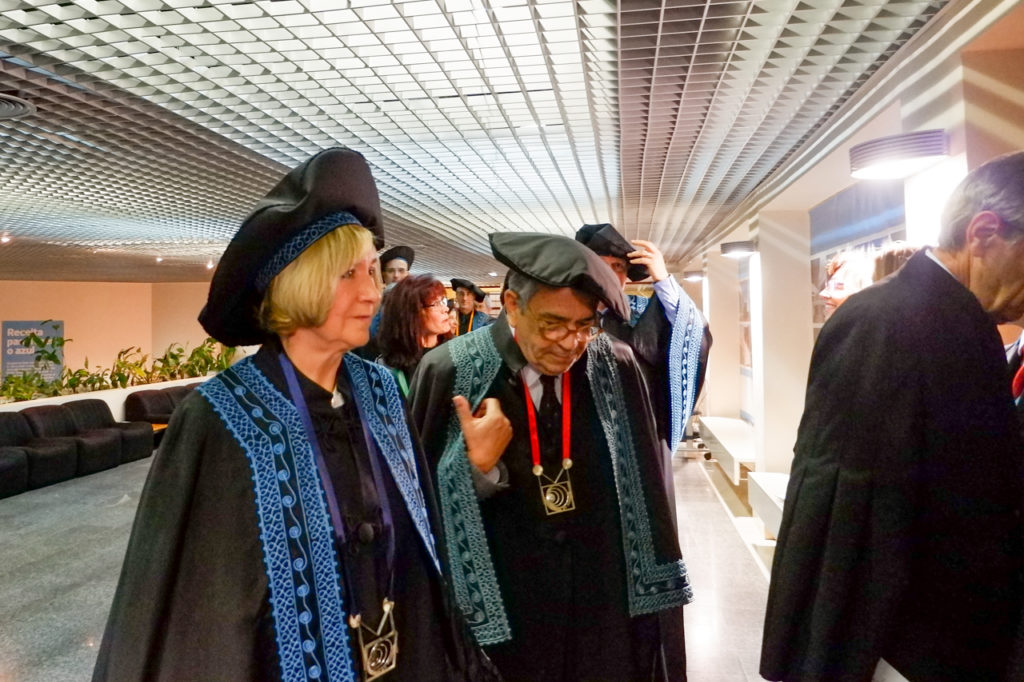
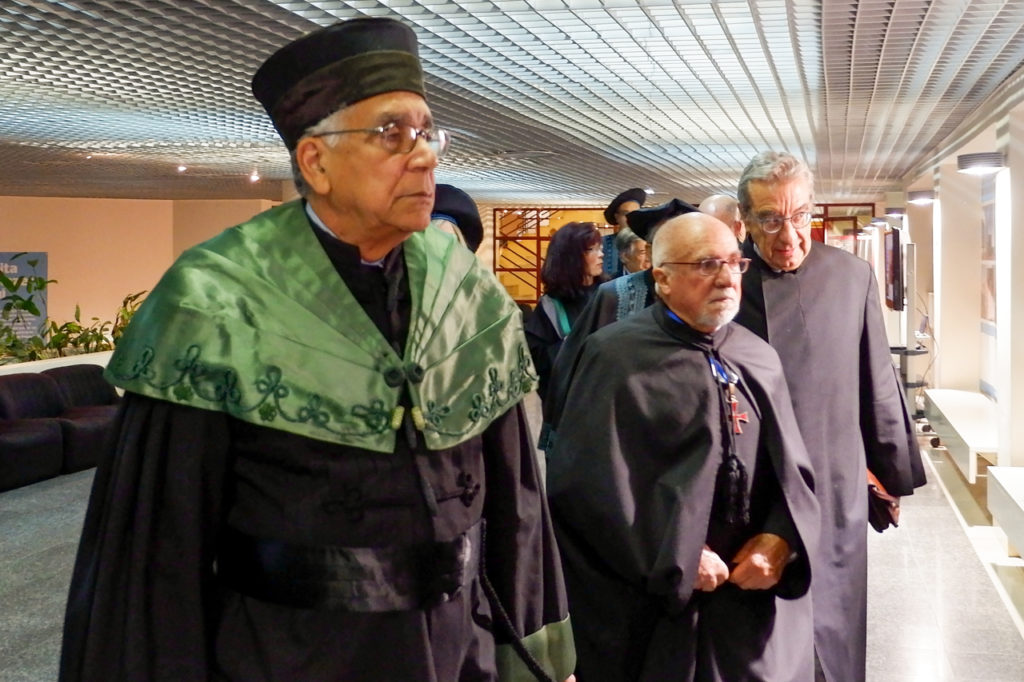
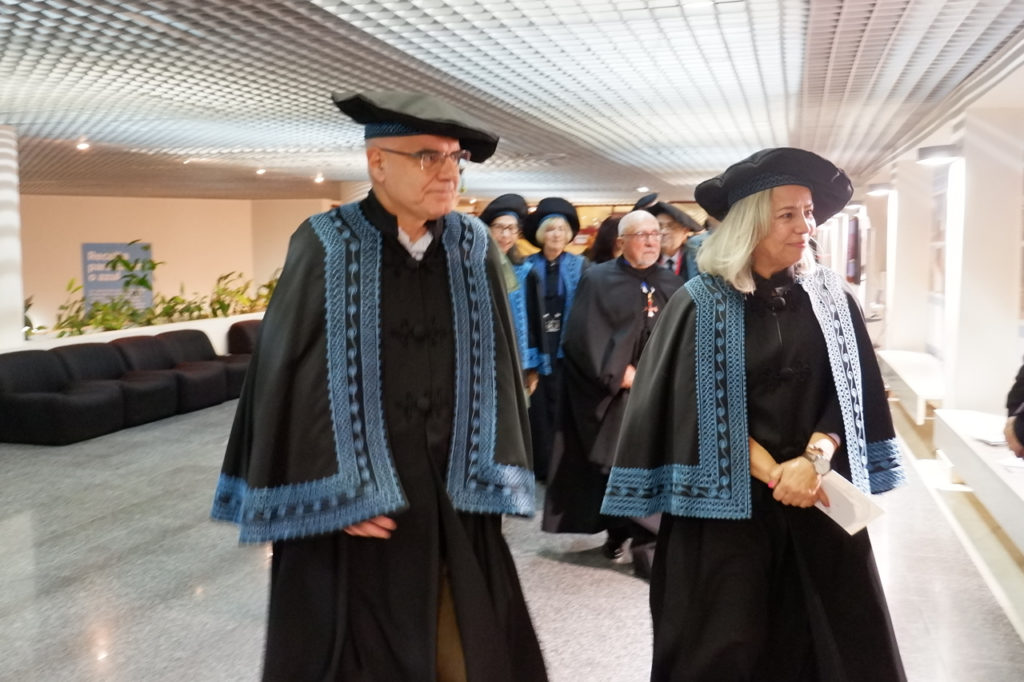
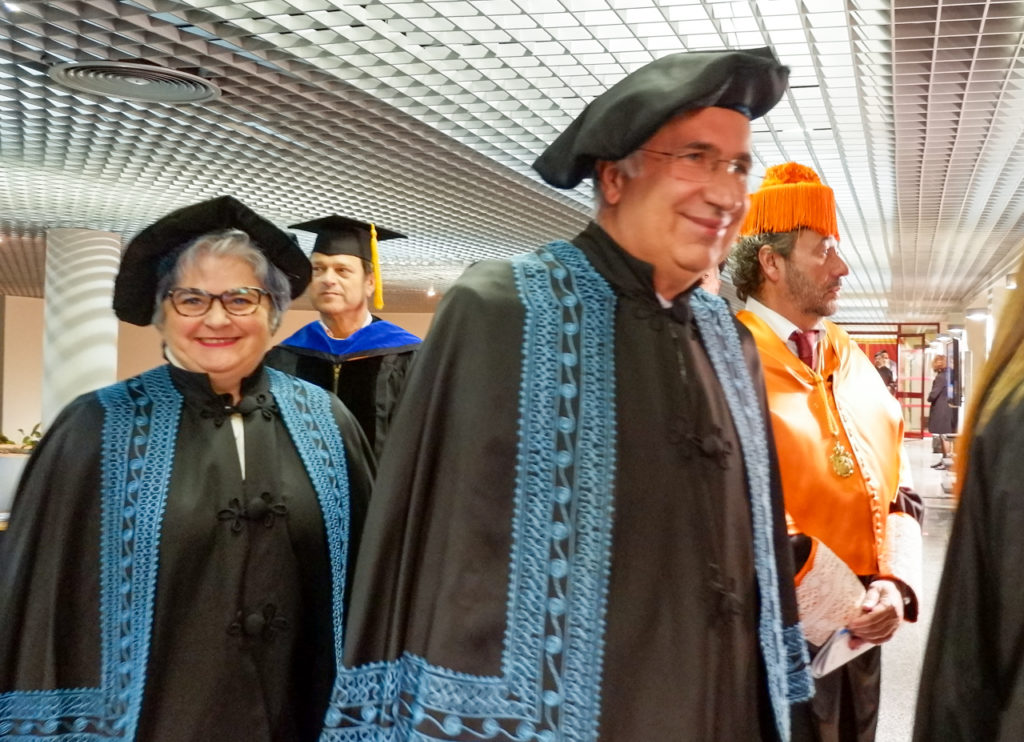
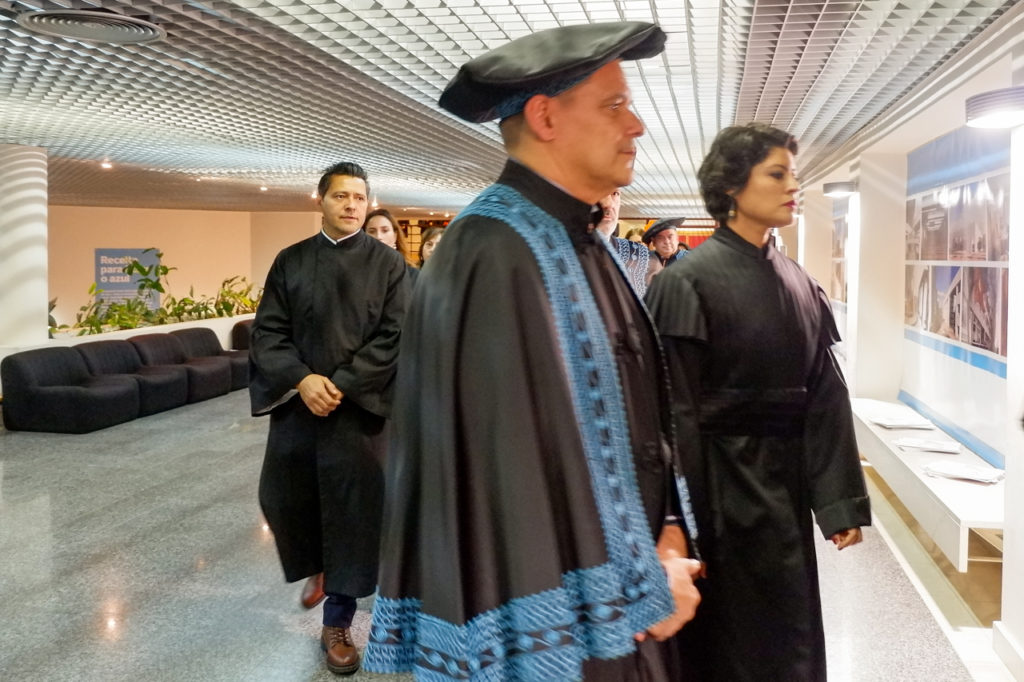
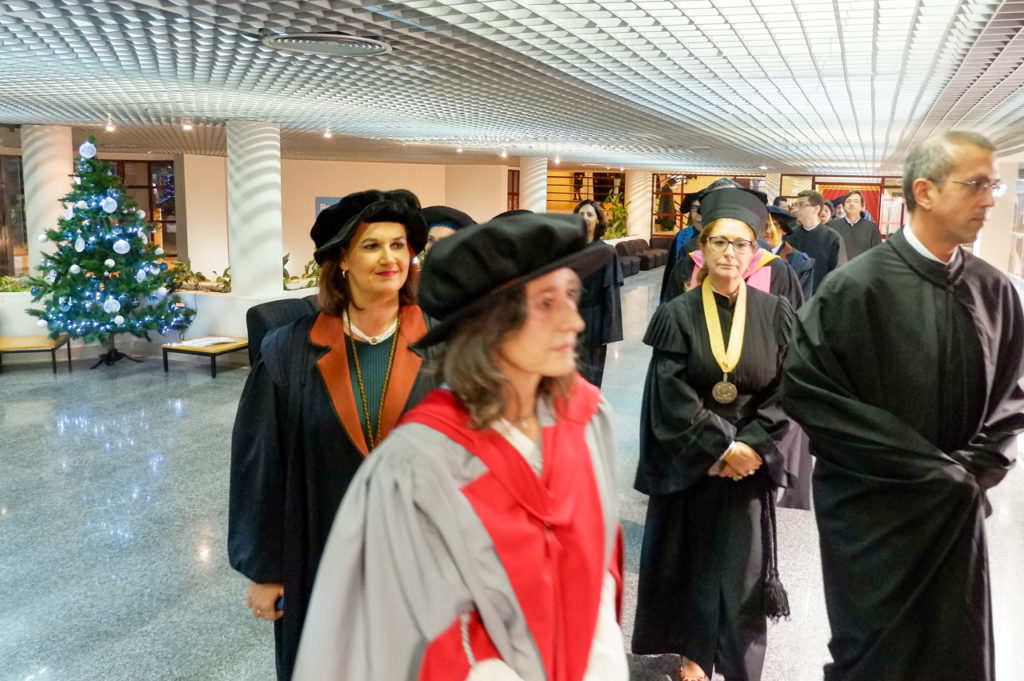
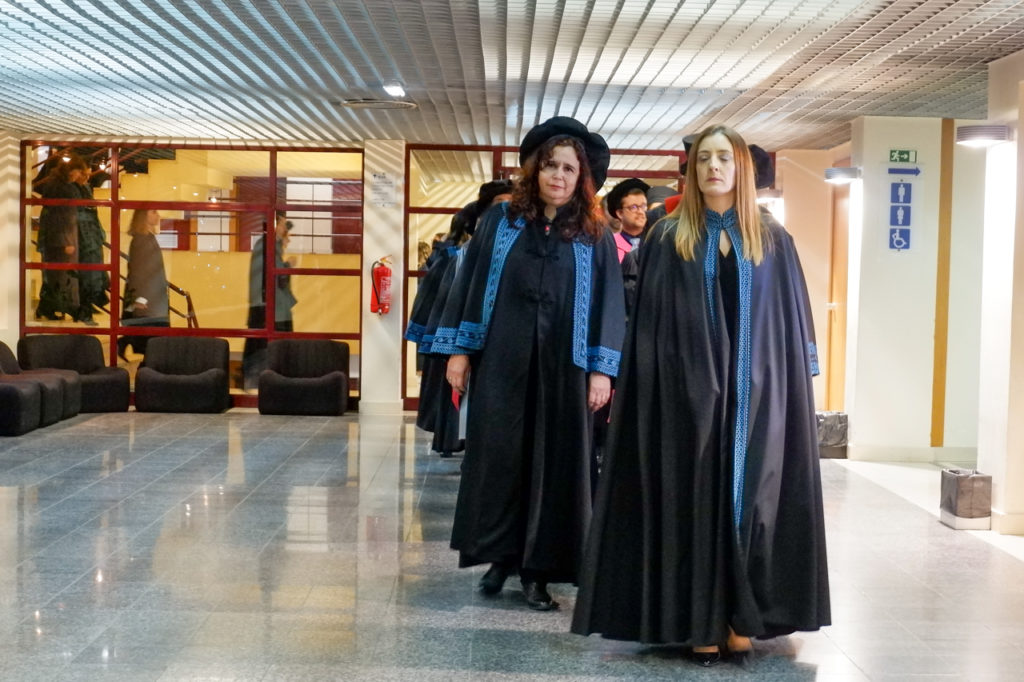
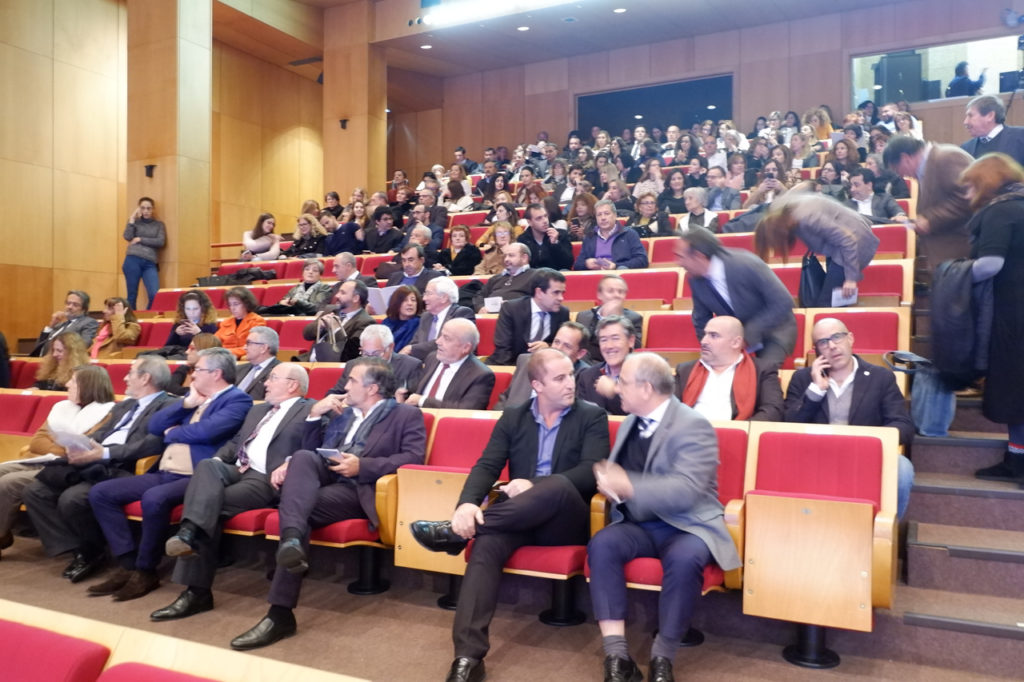
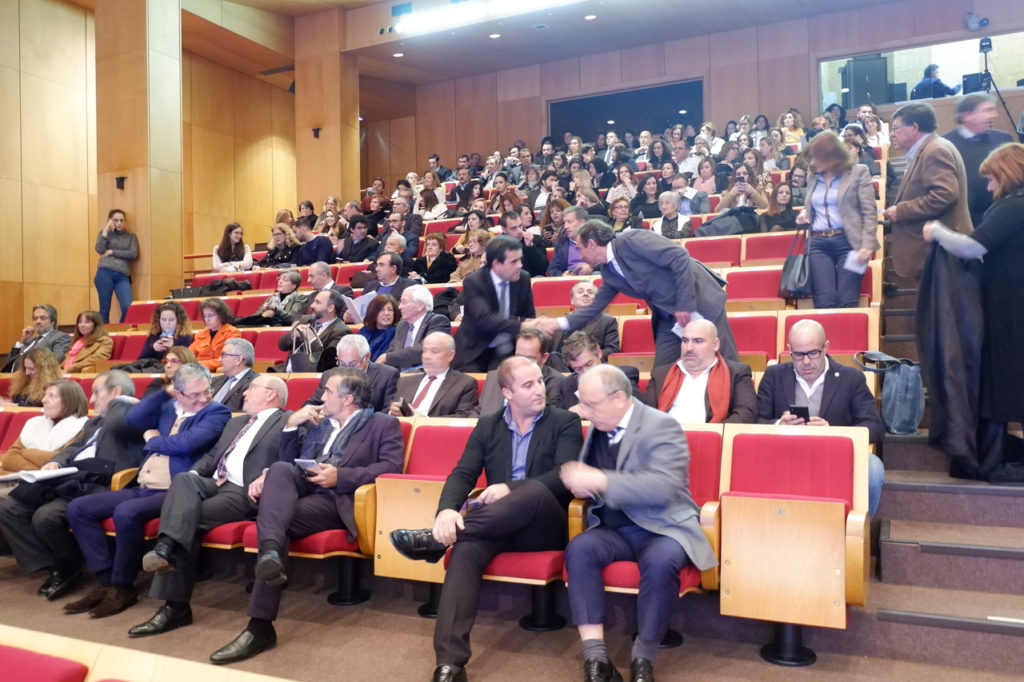
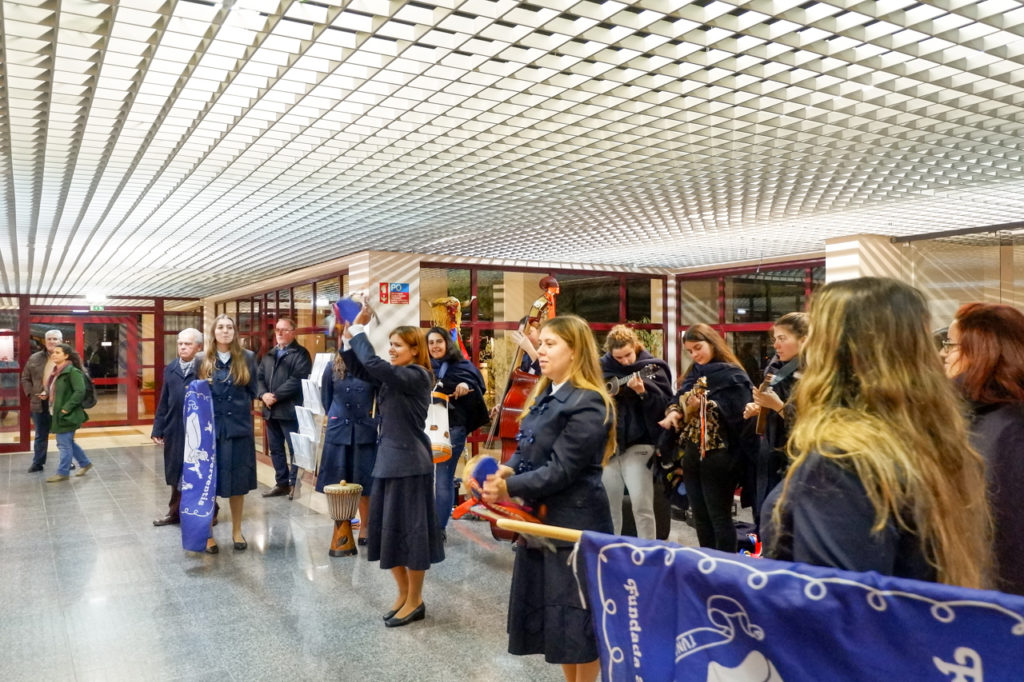

















Comments